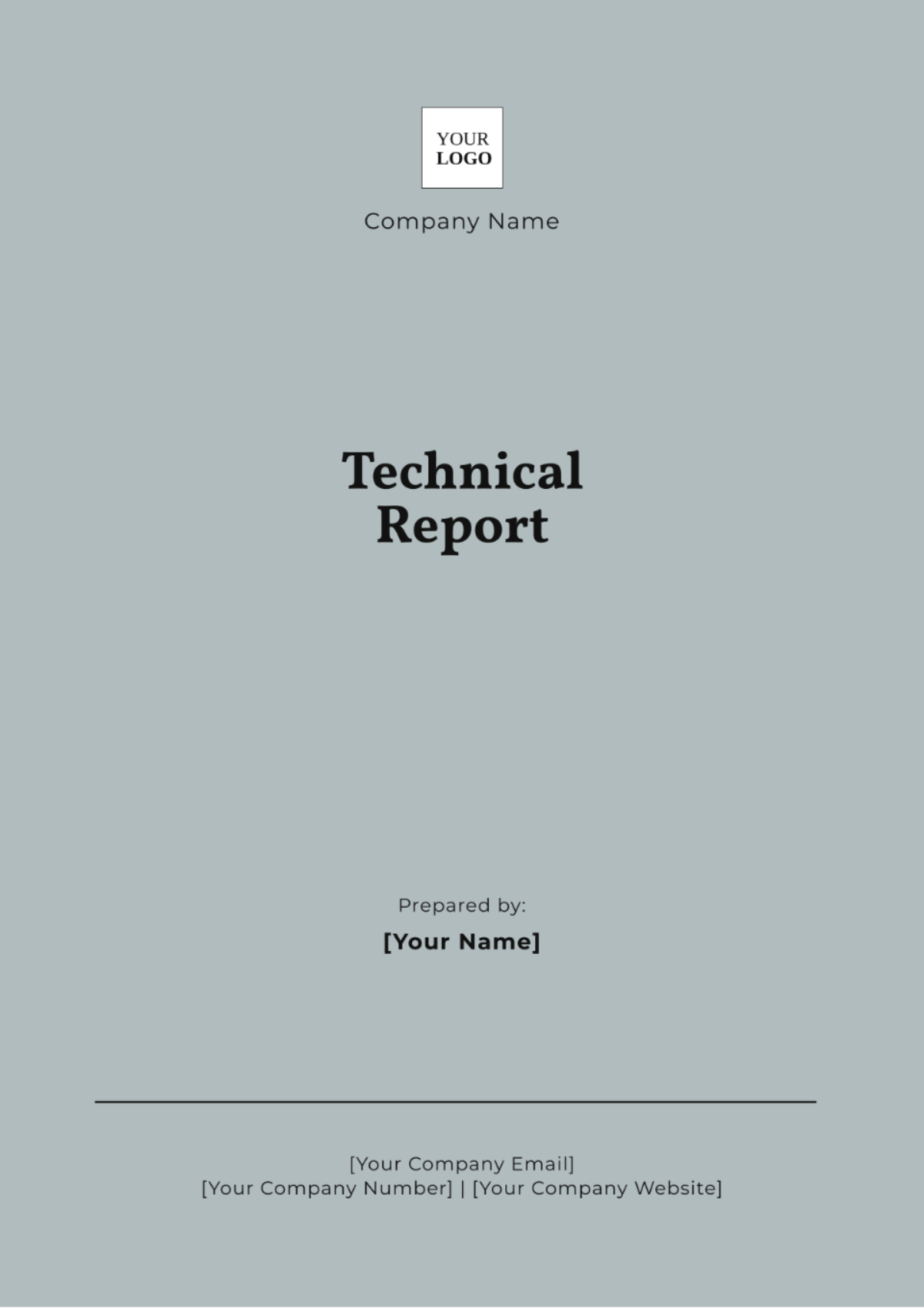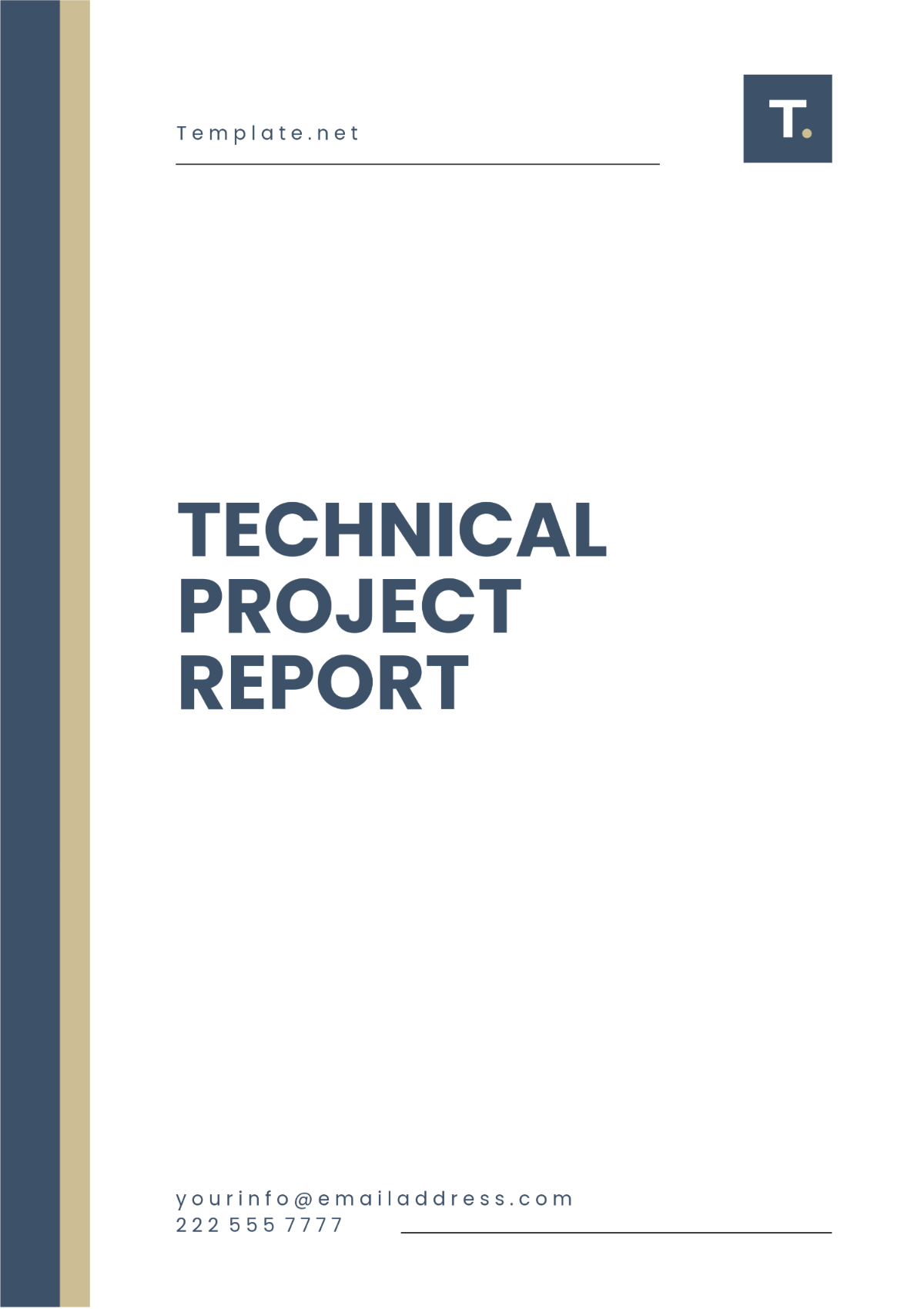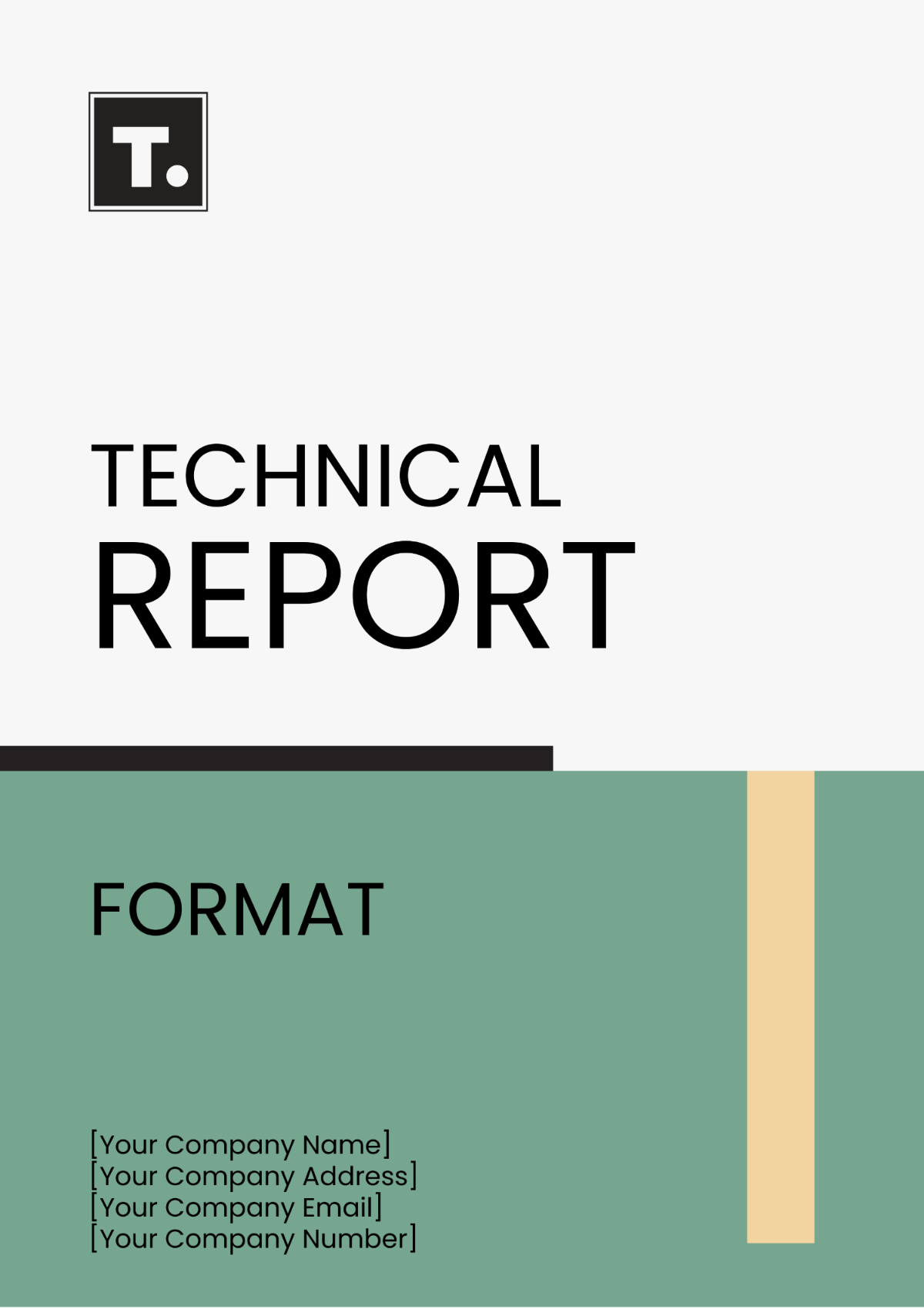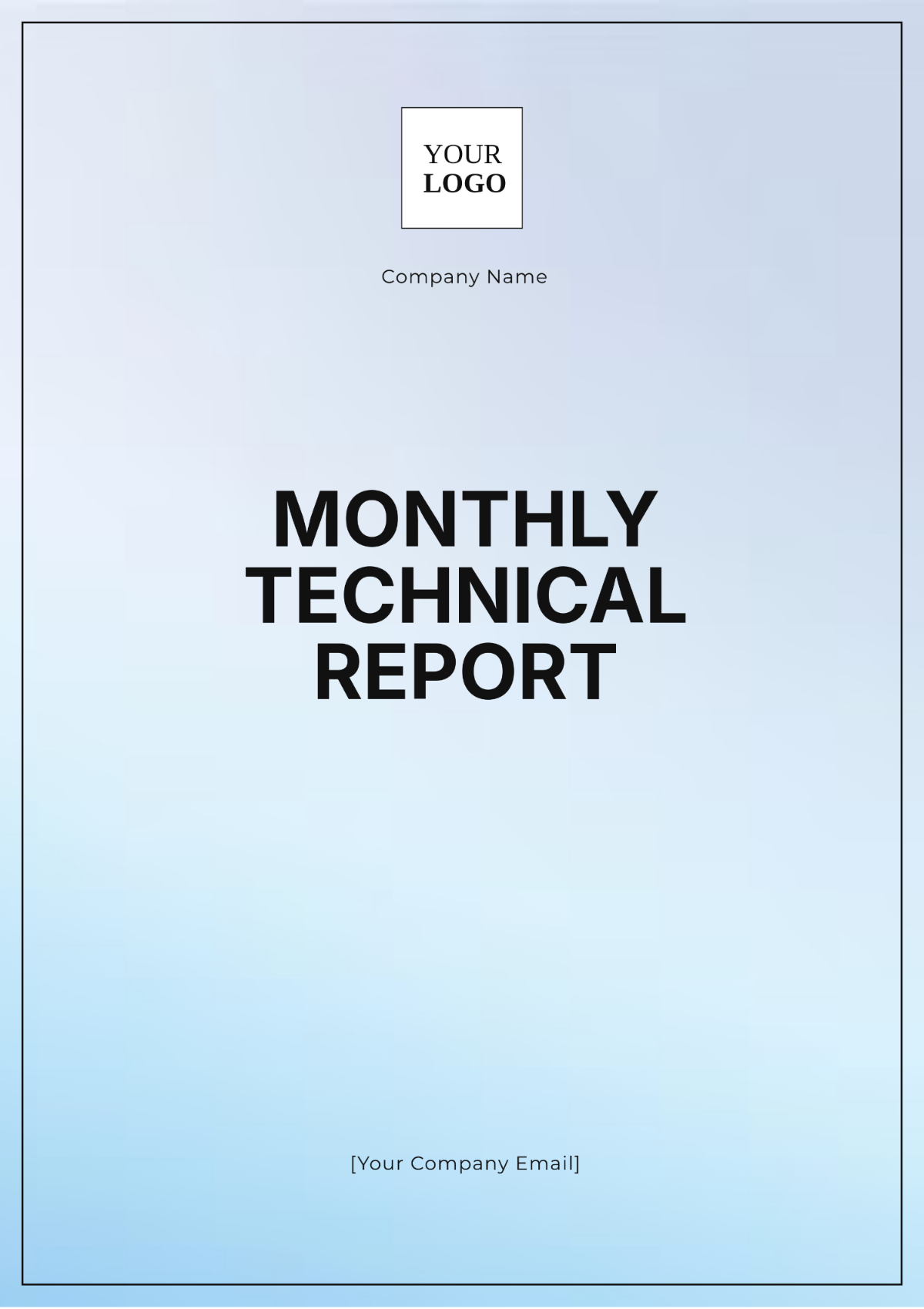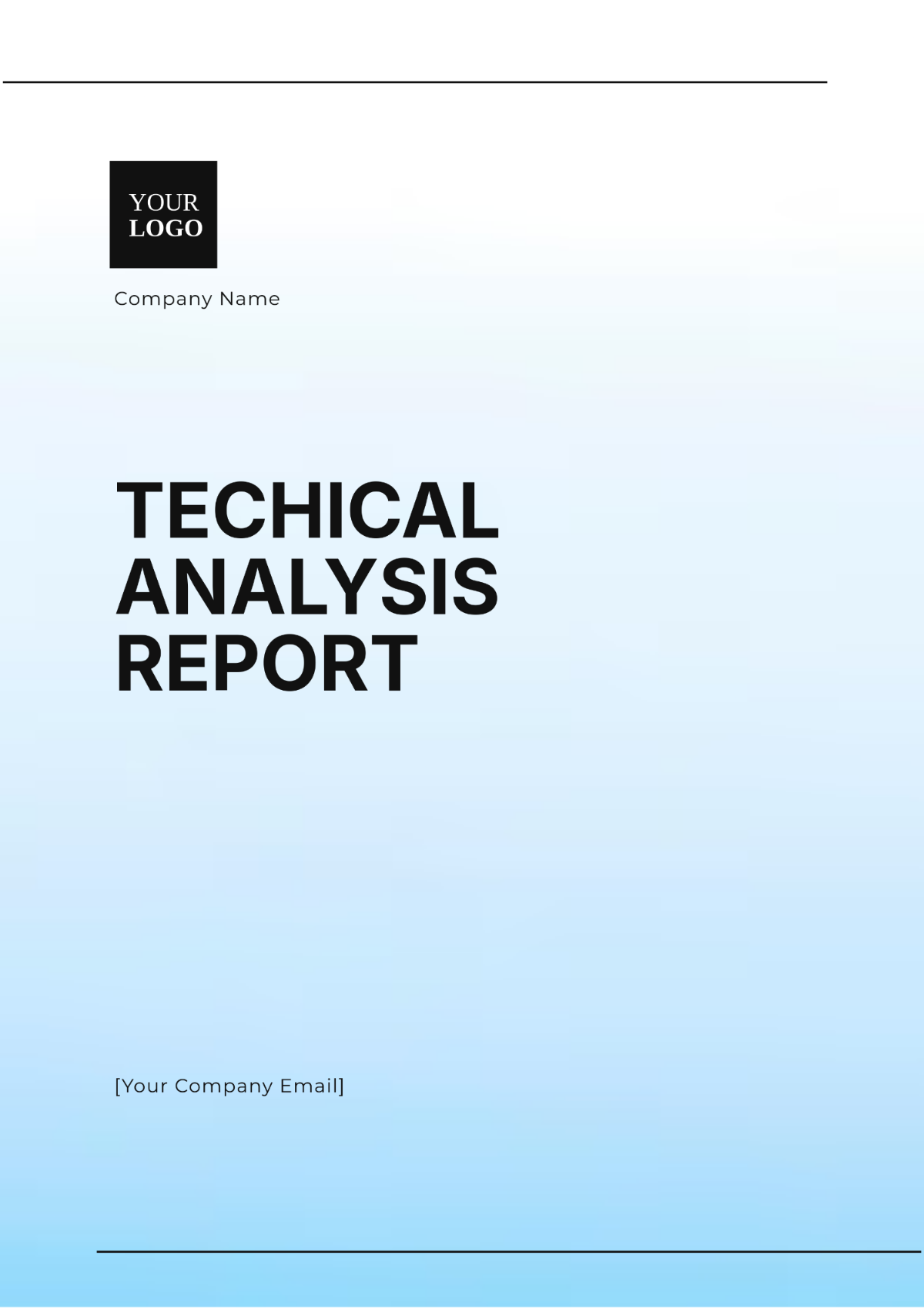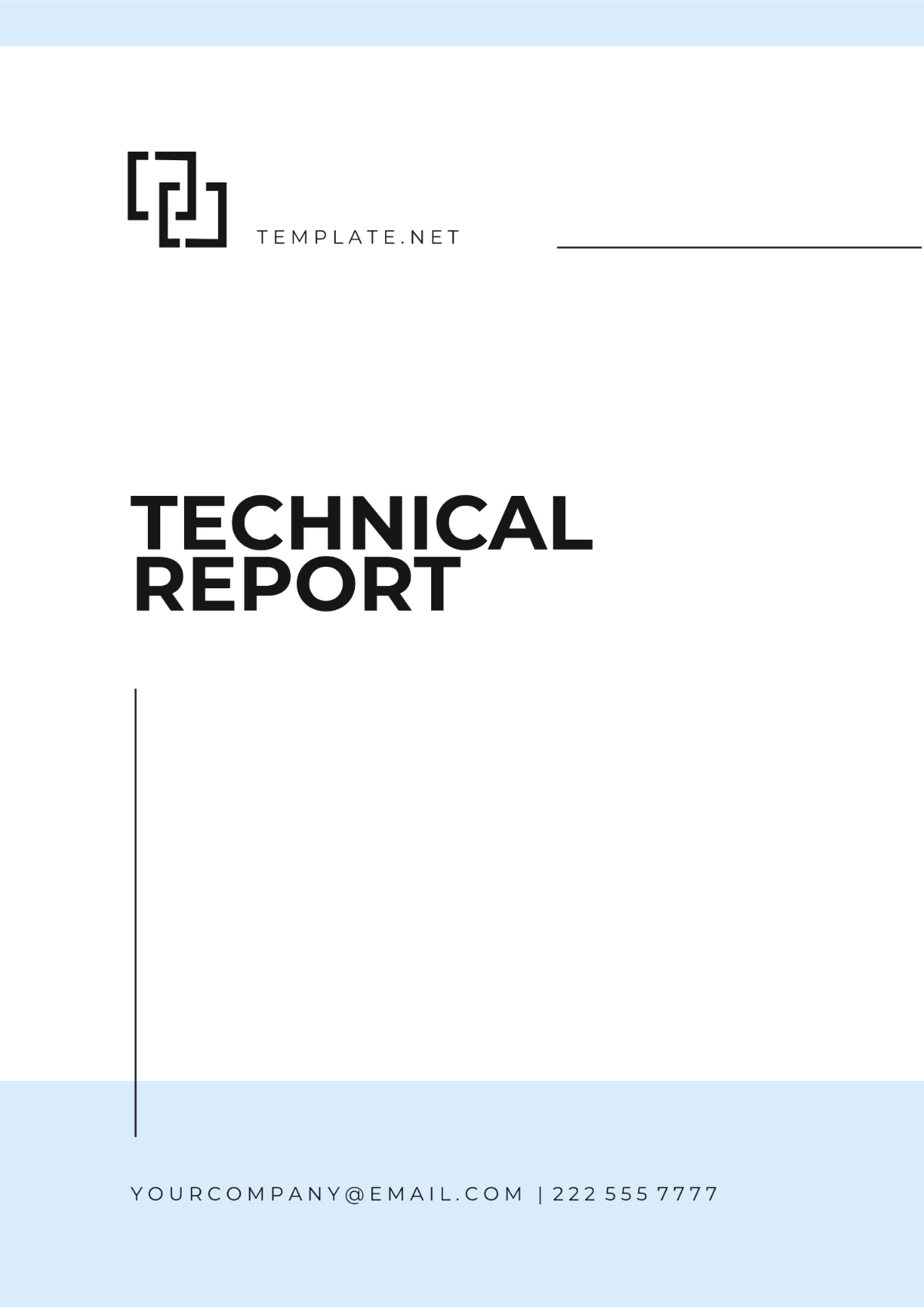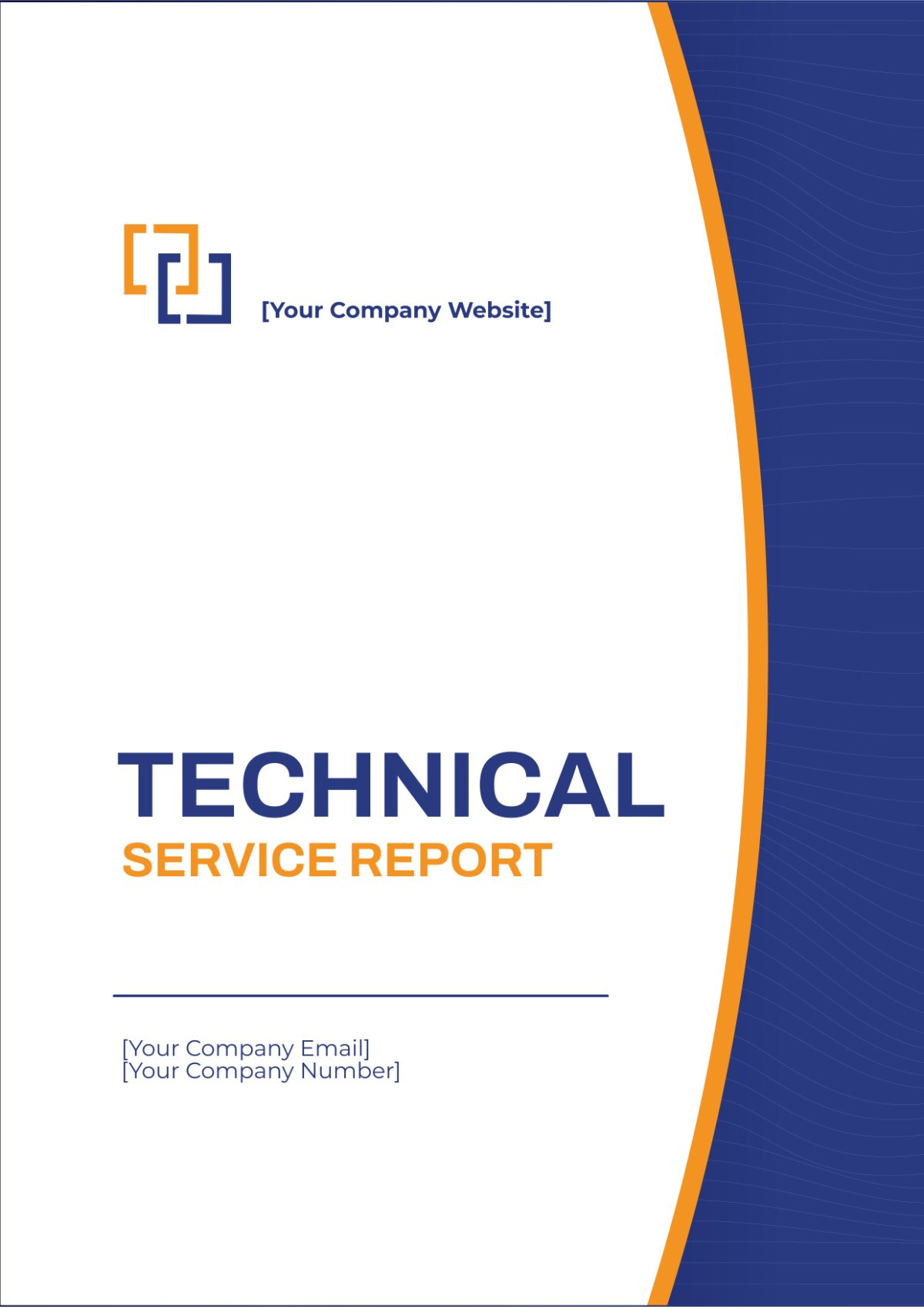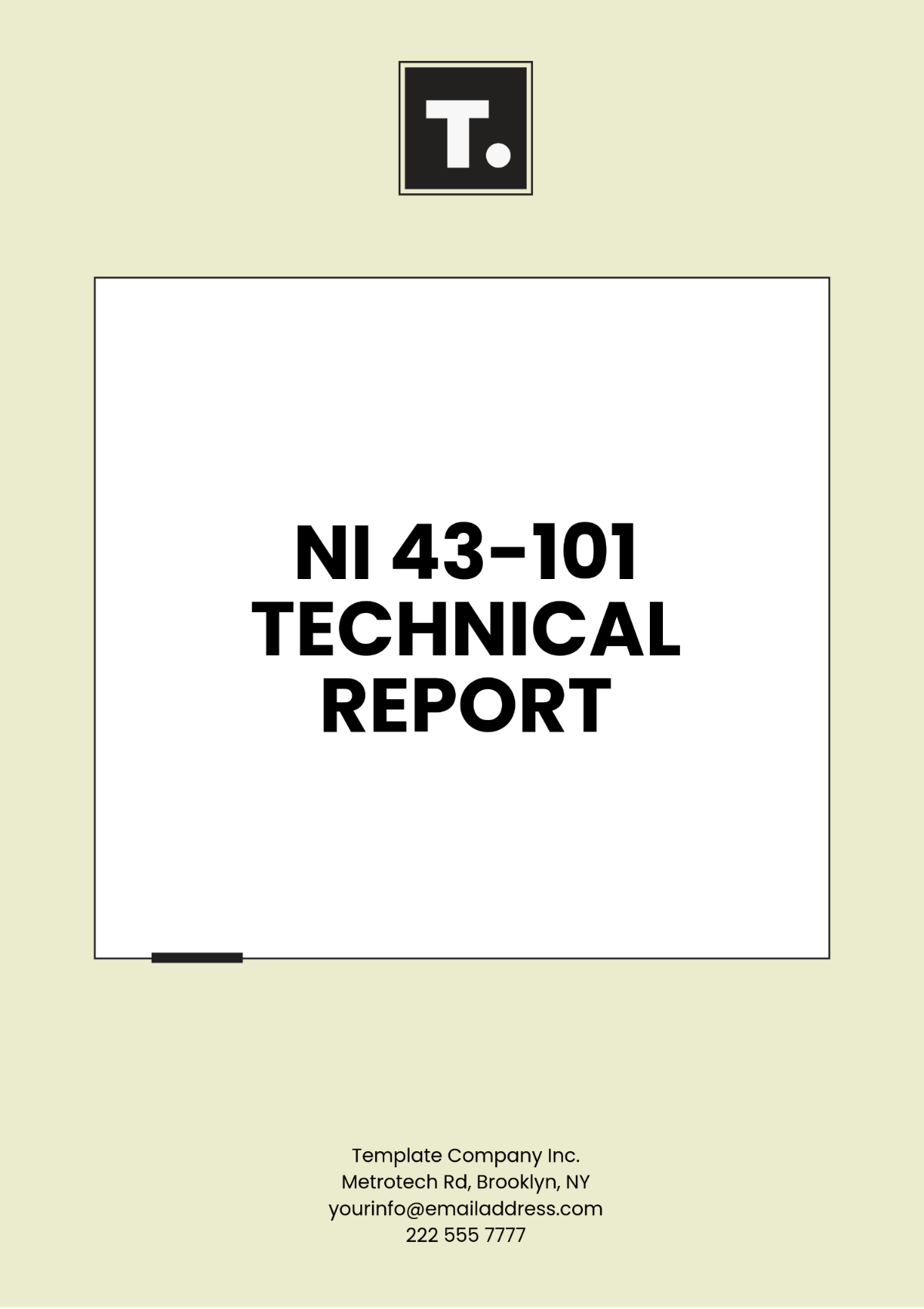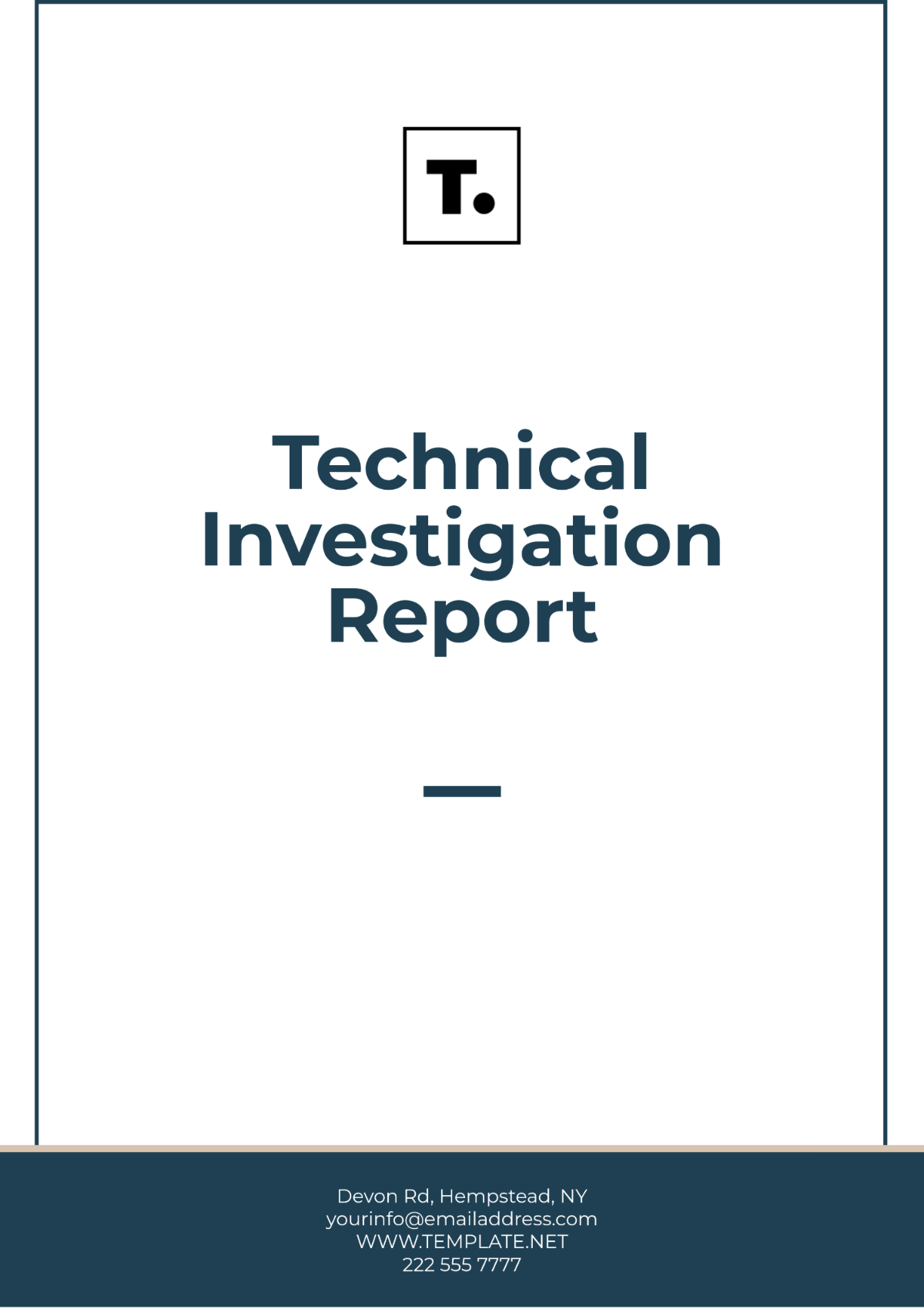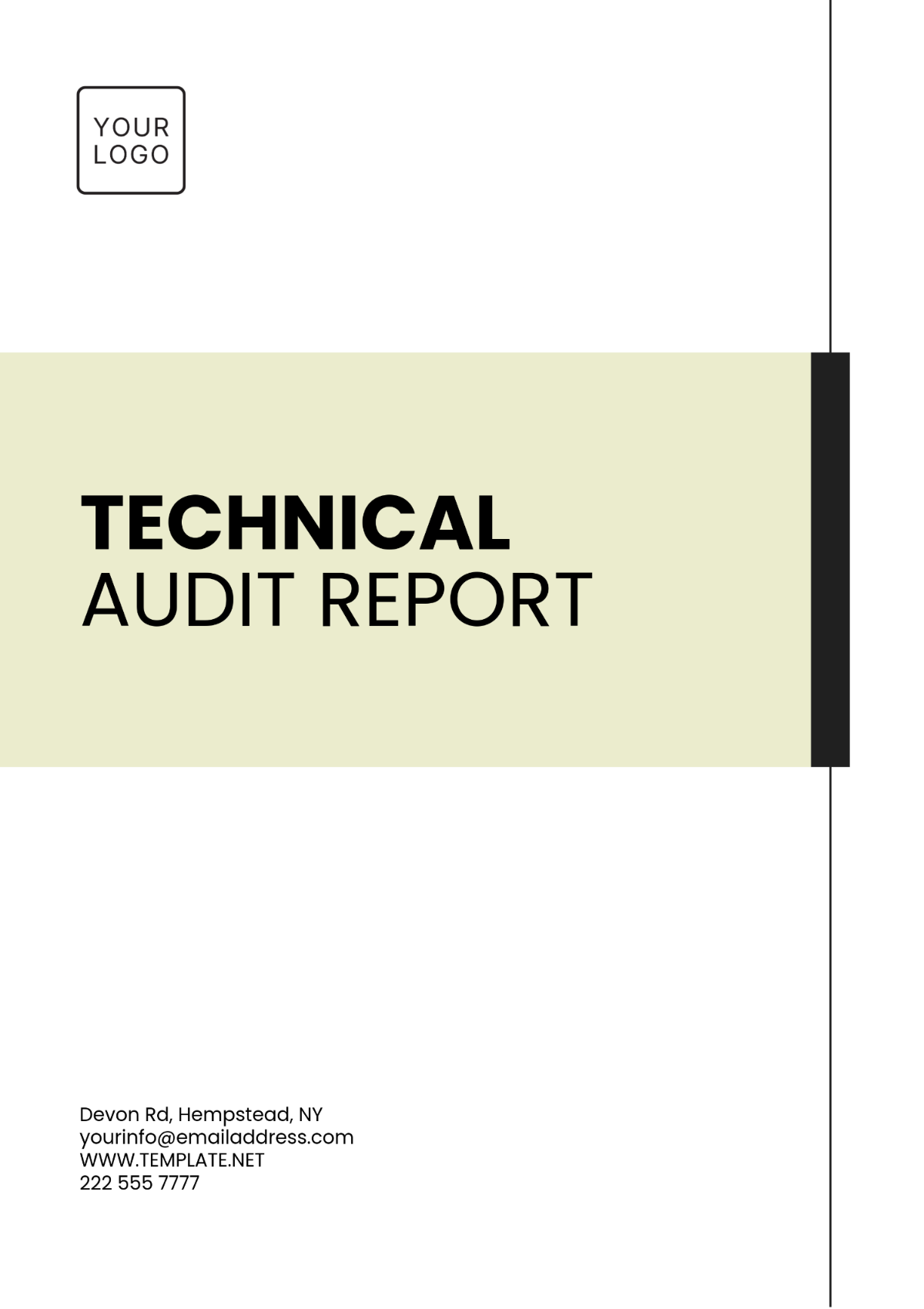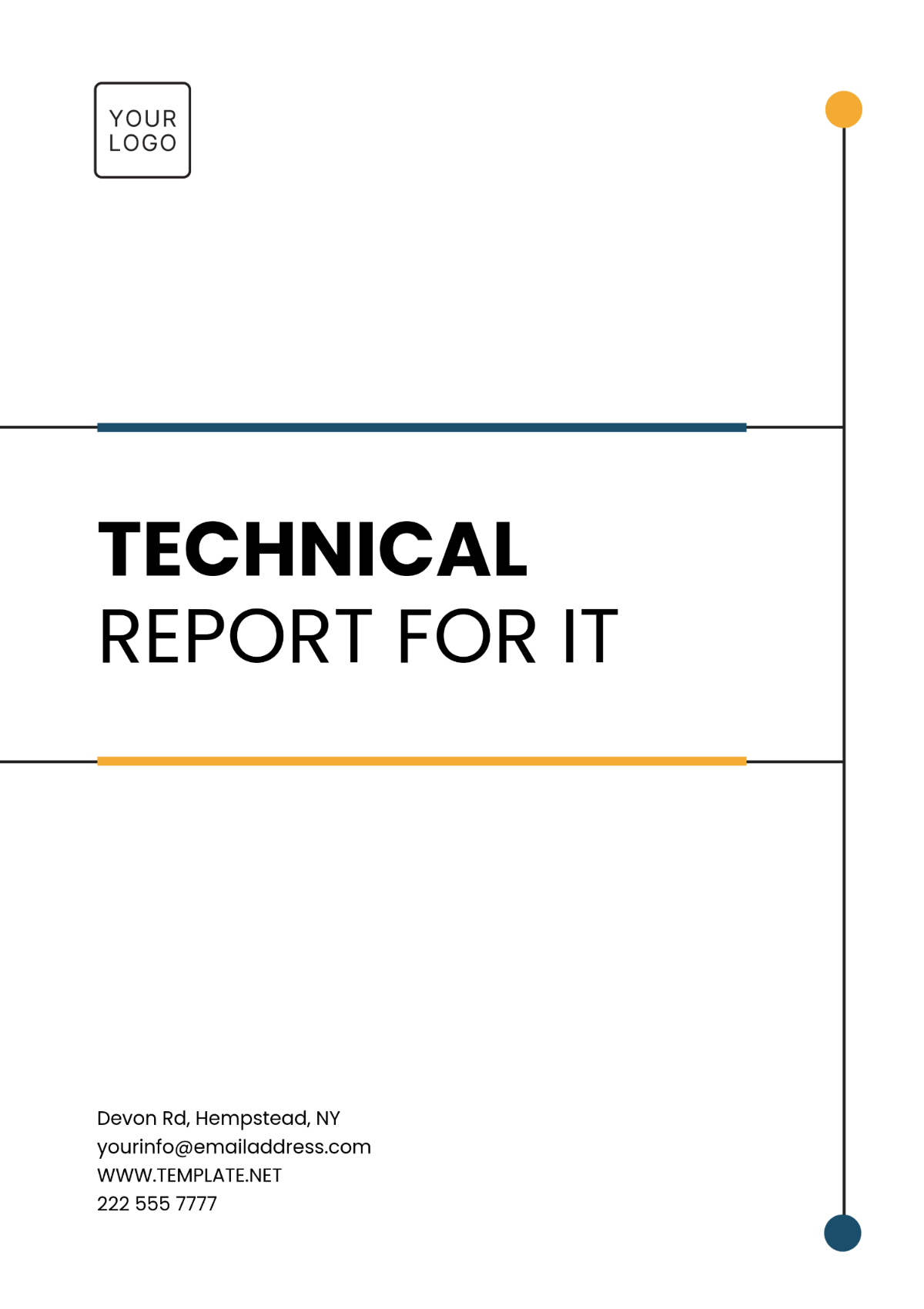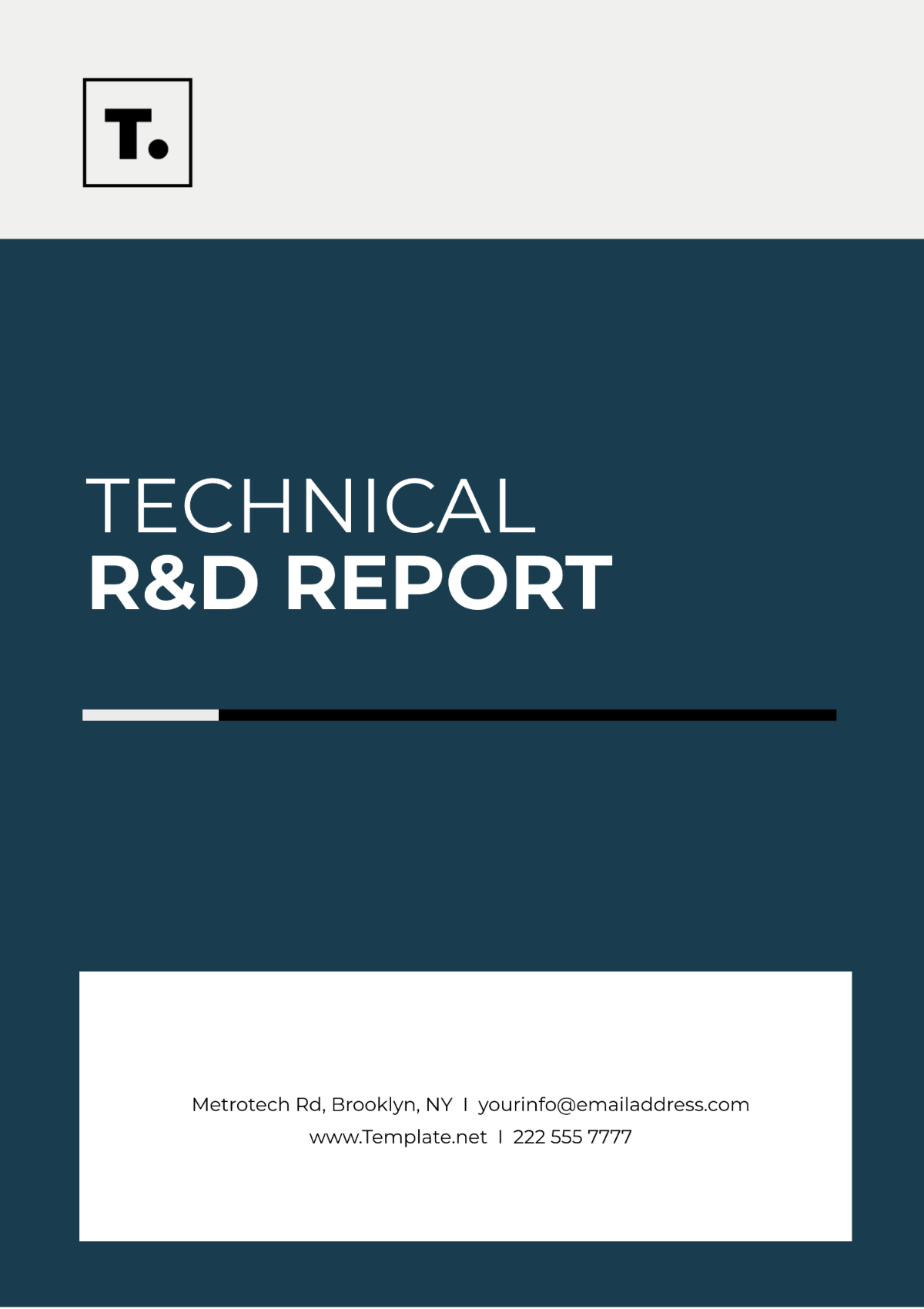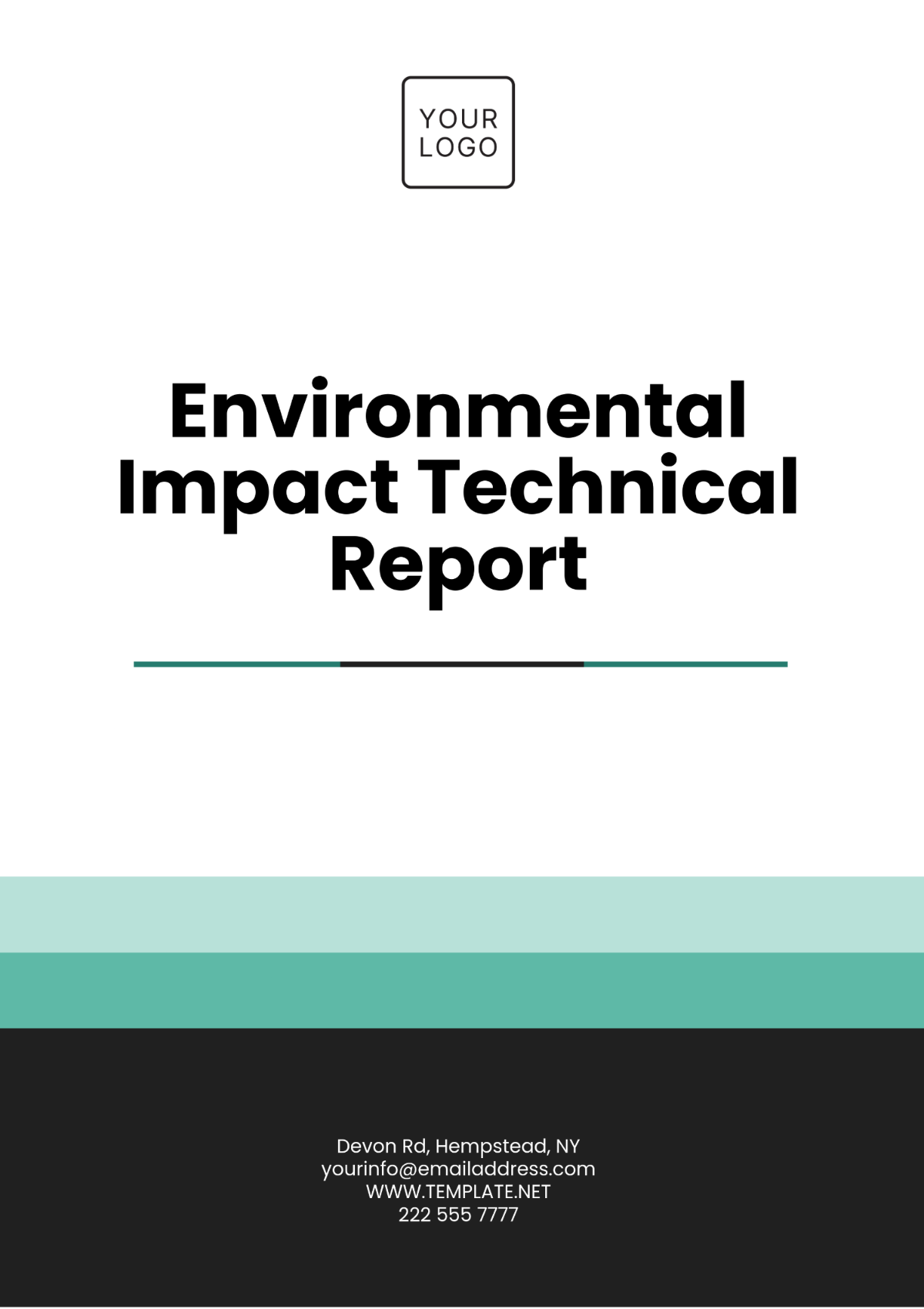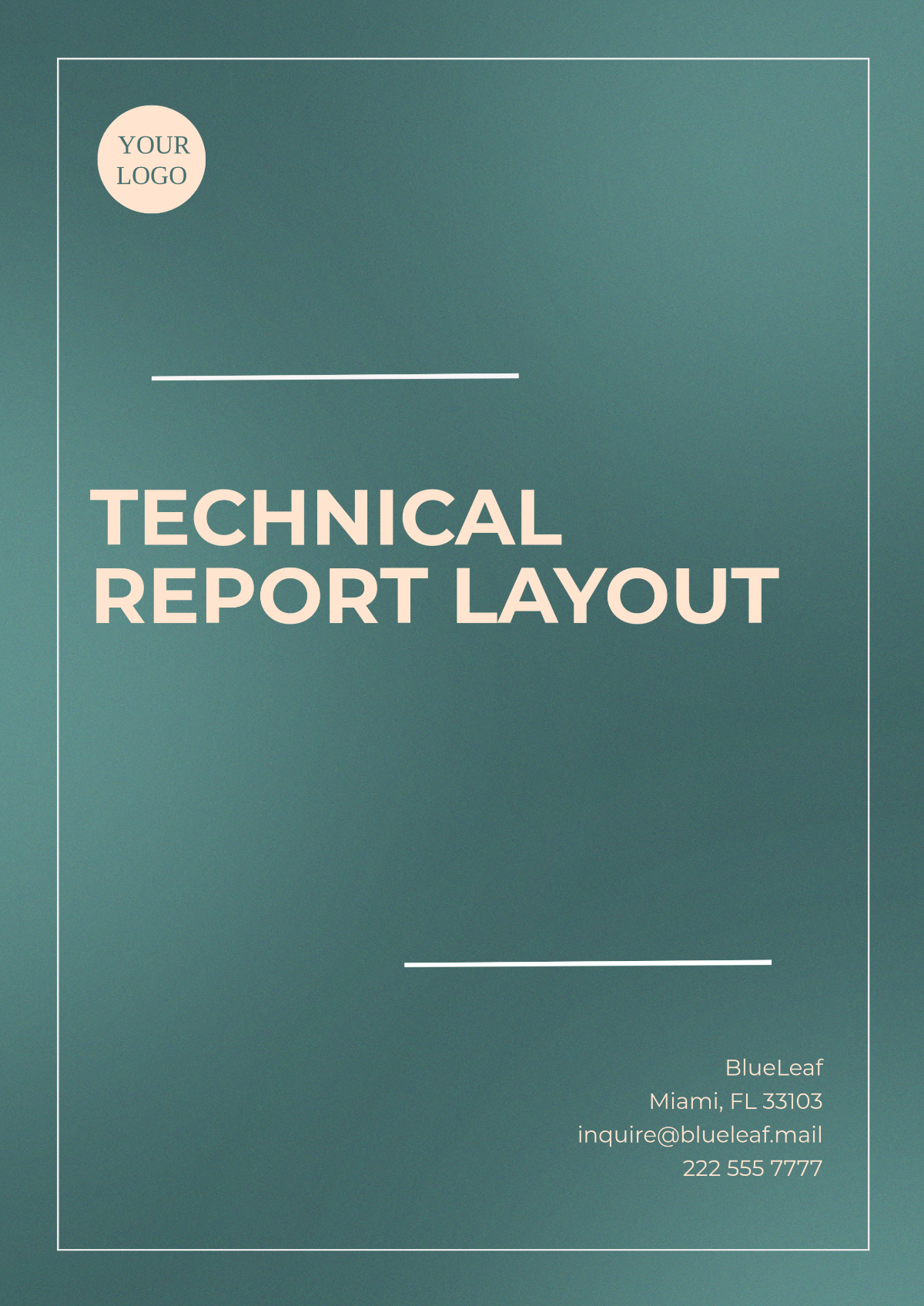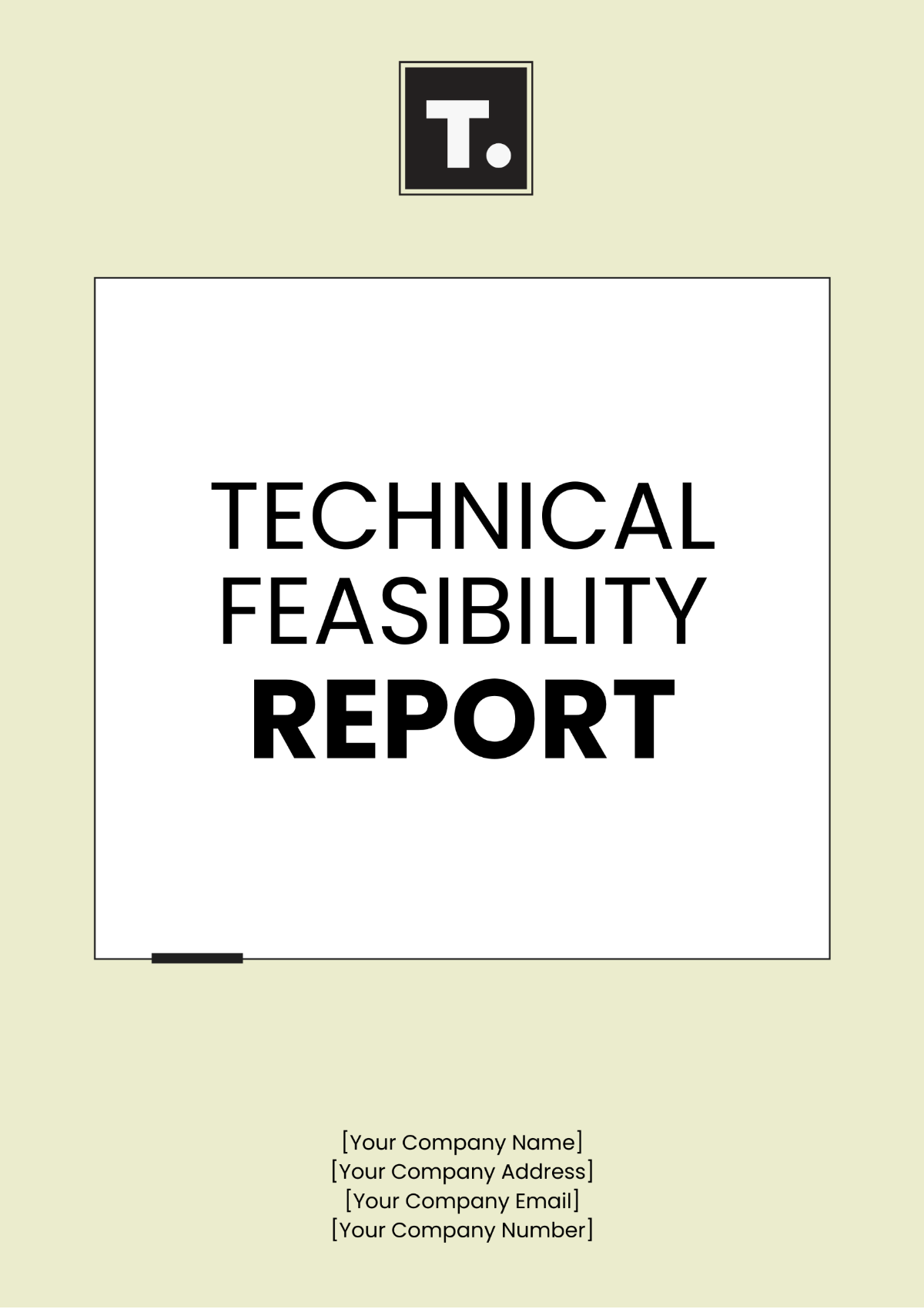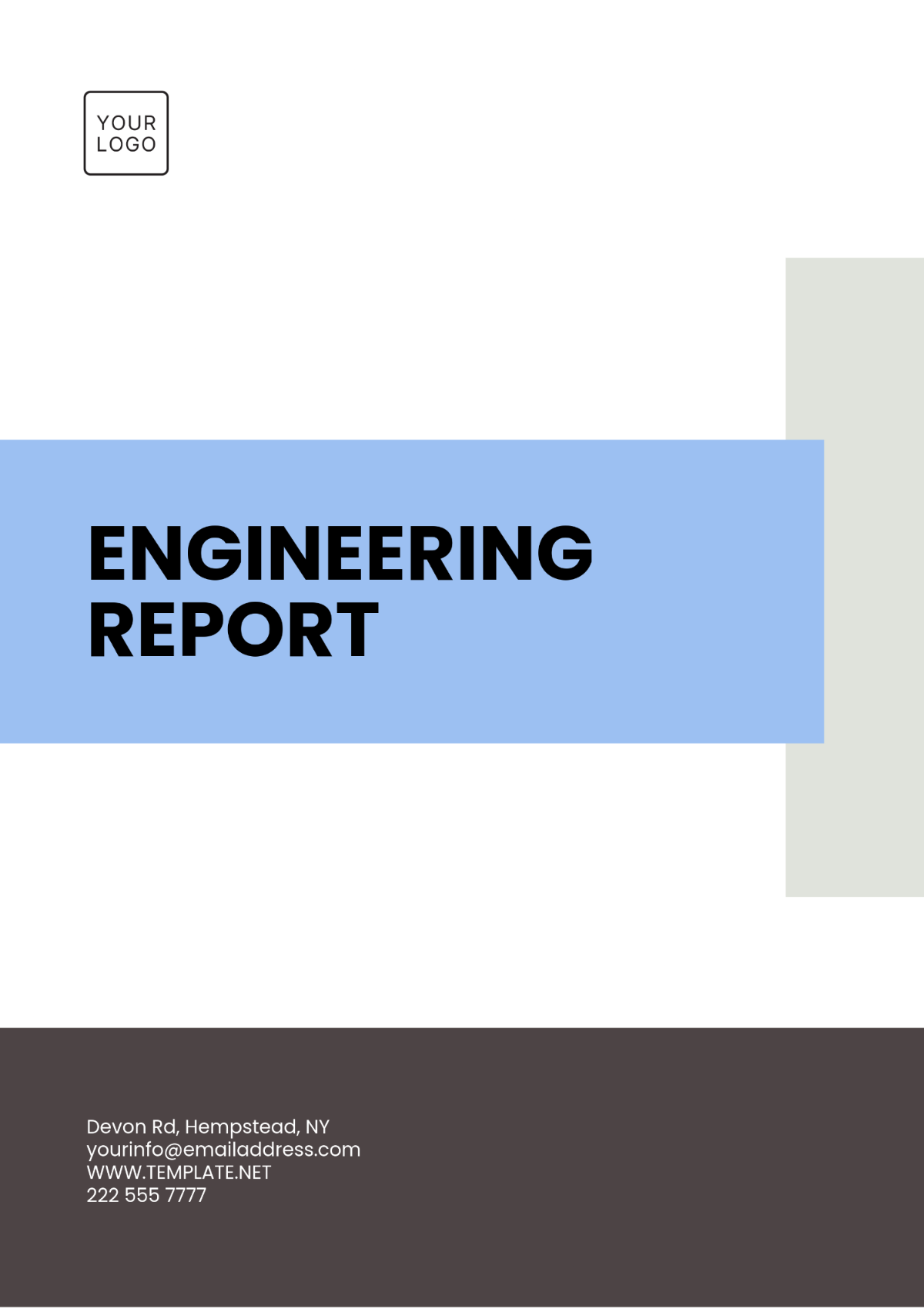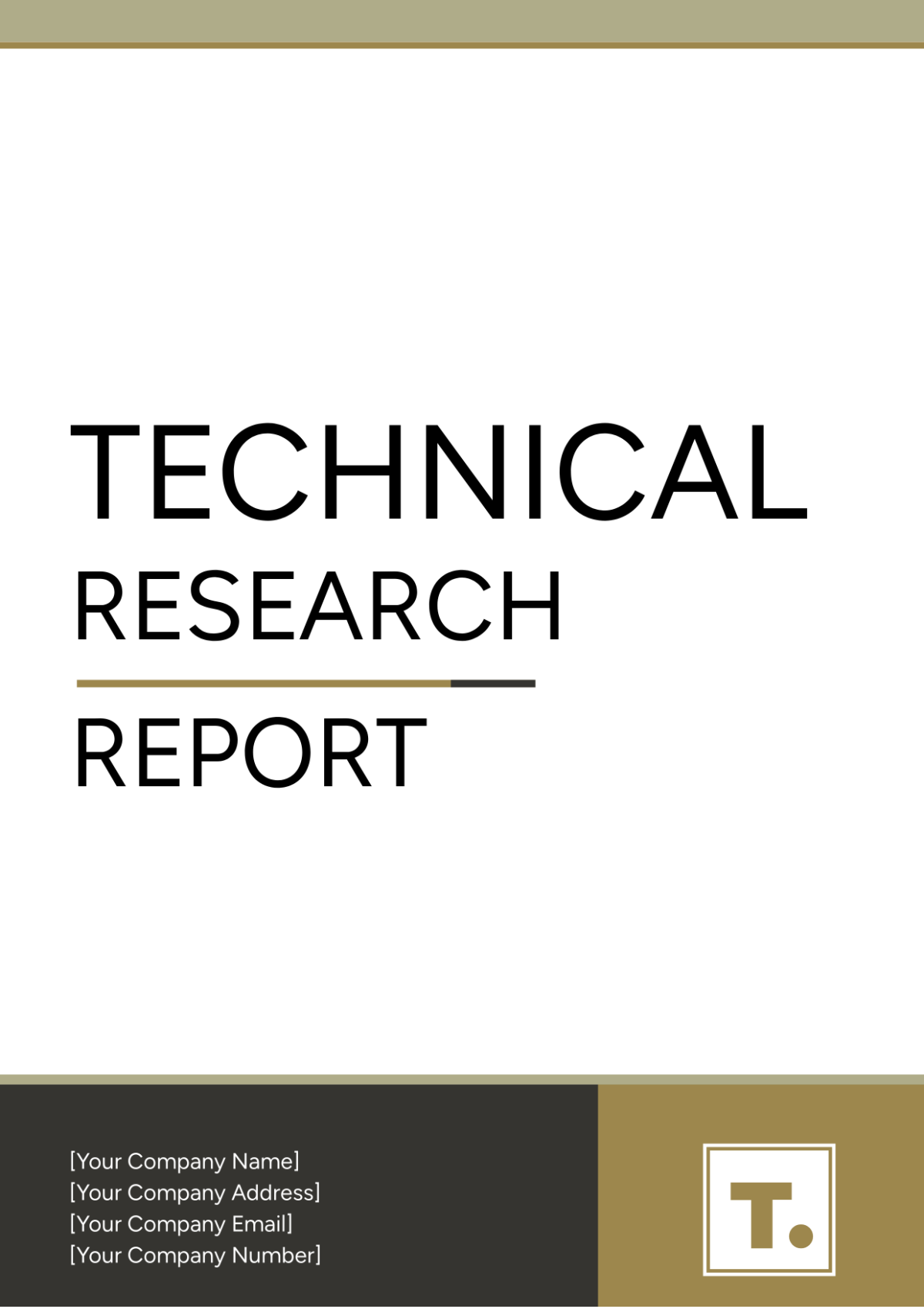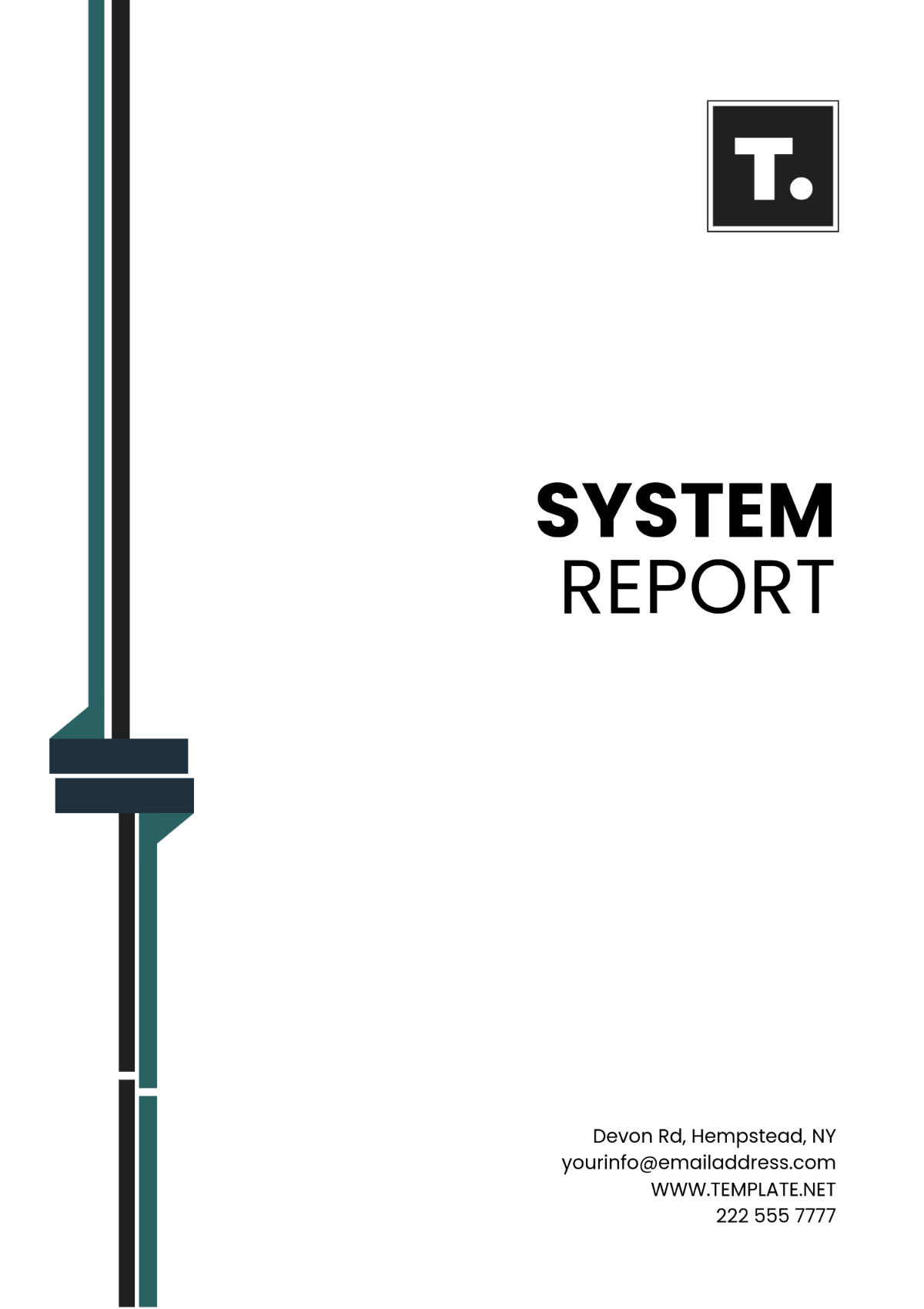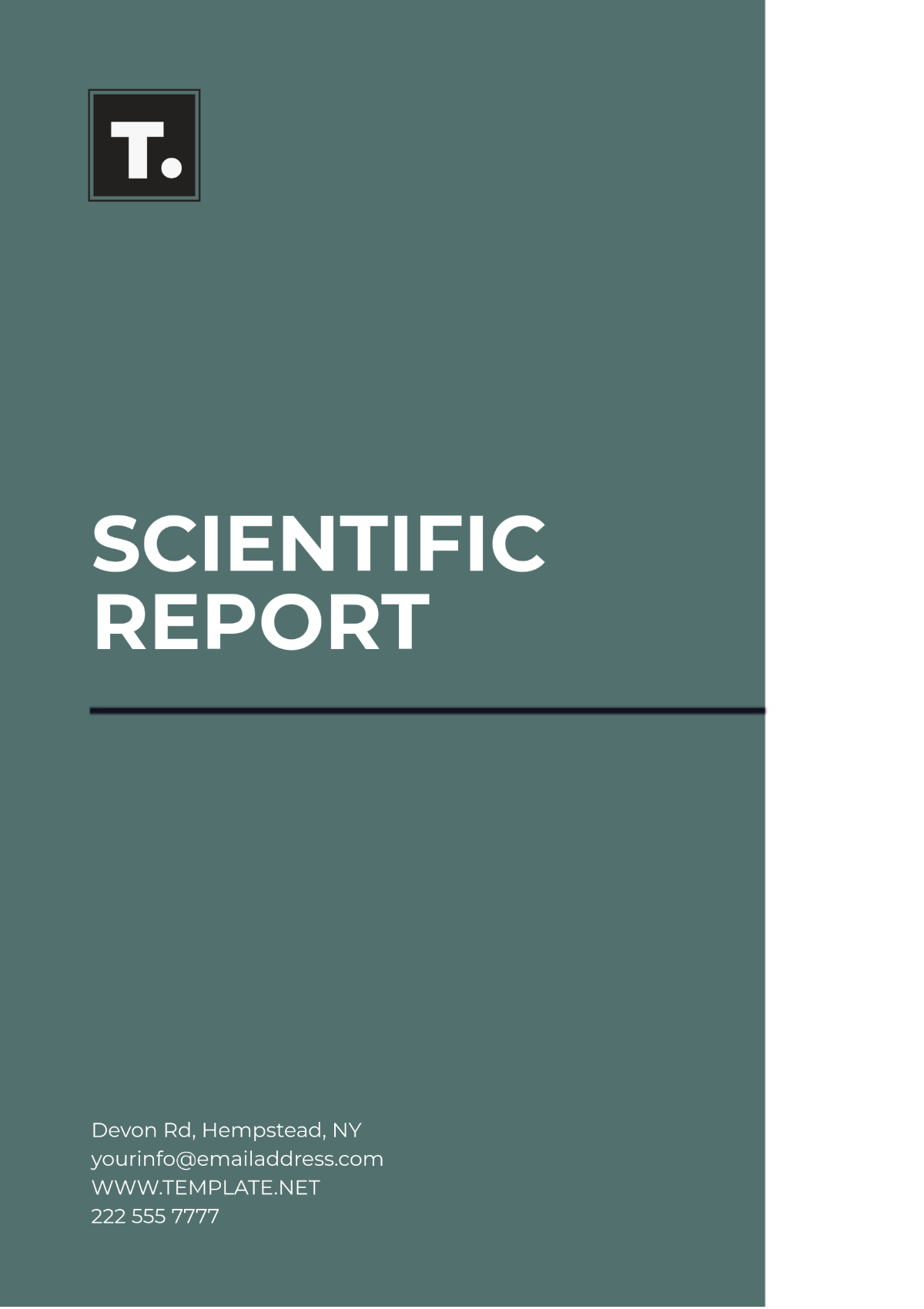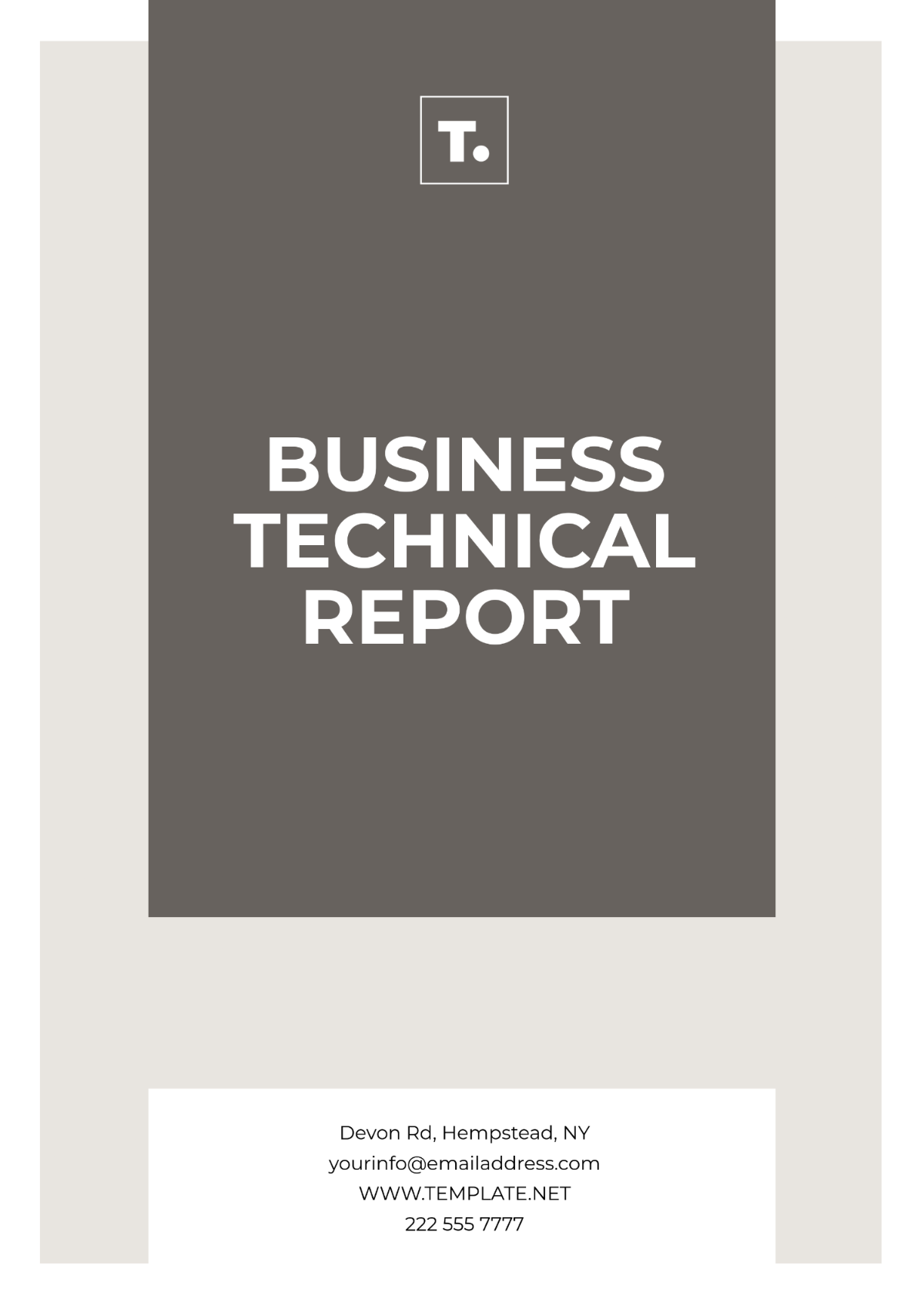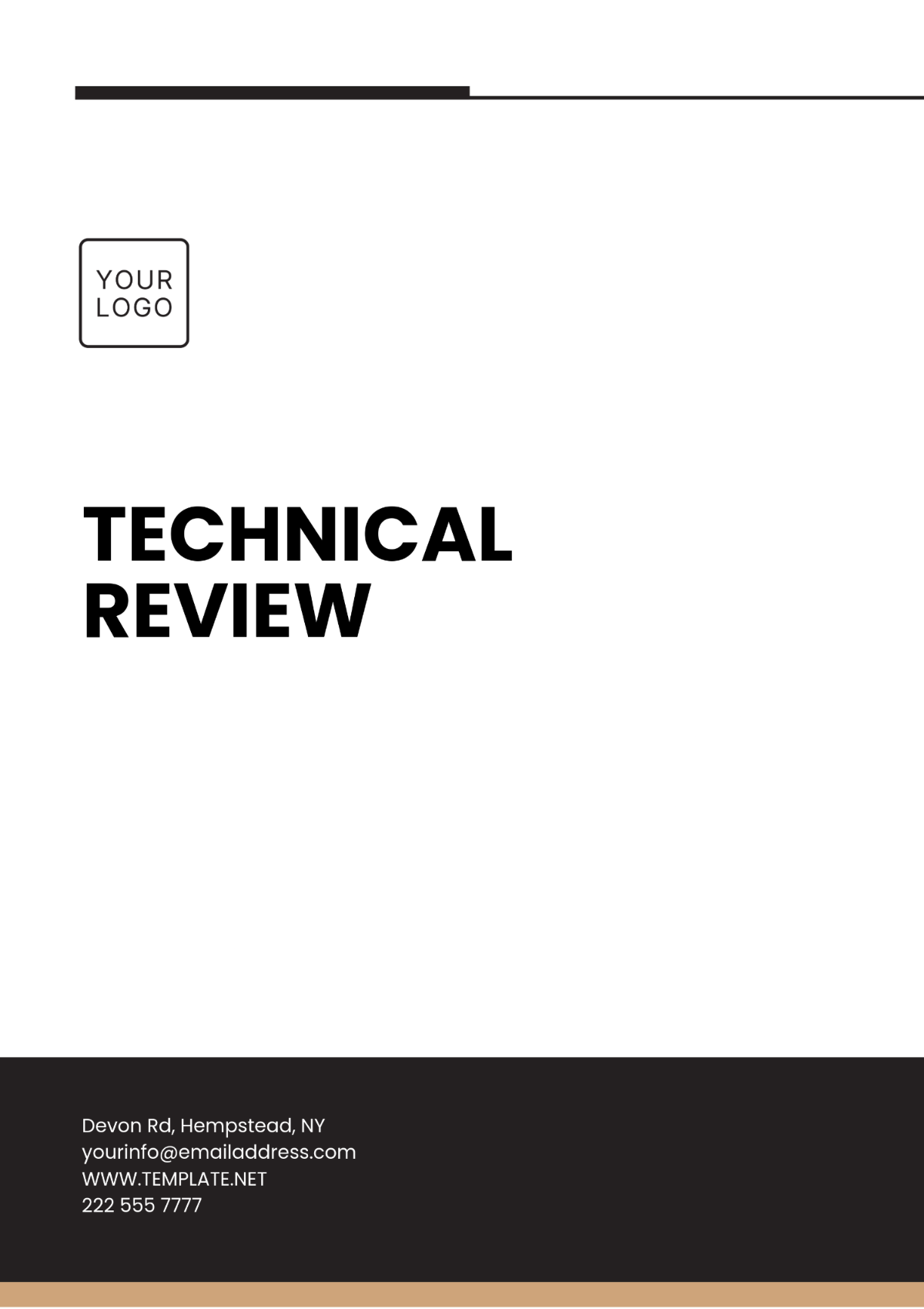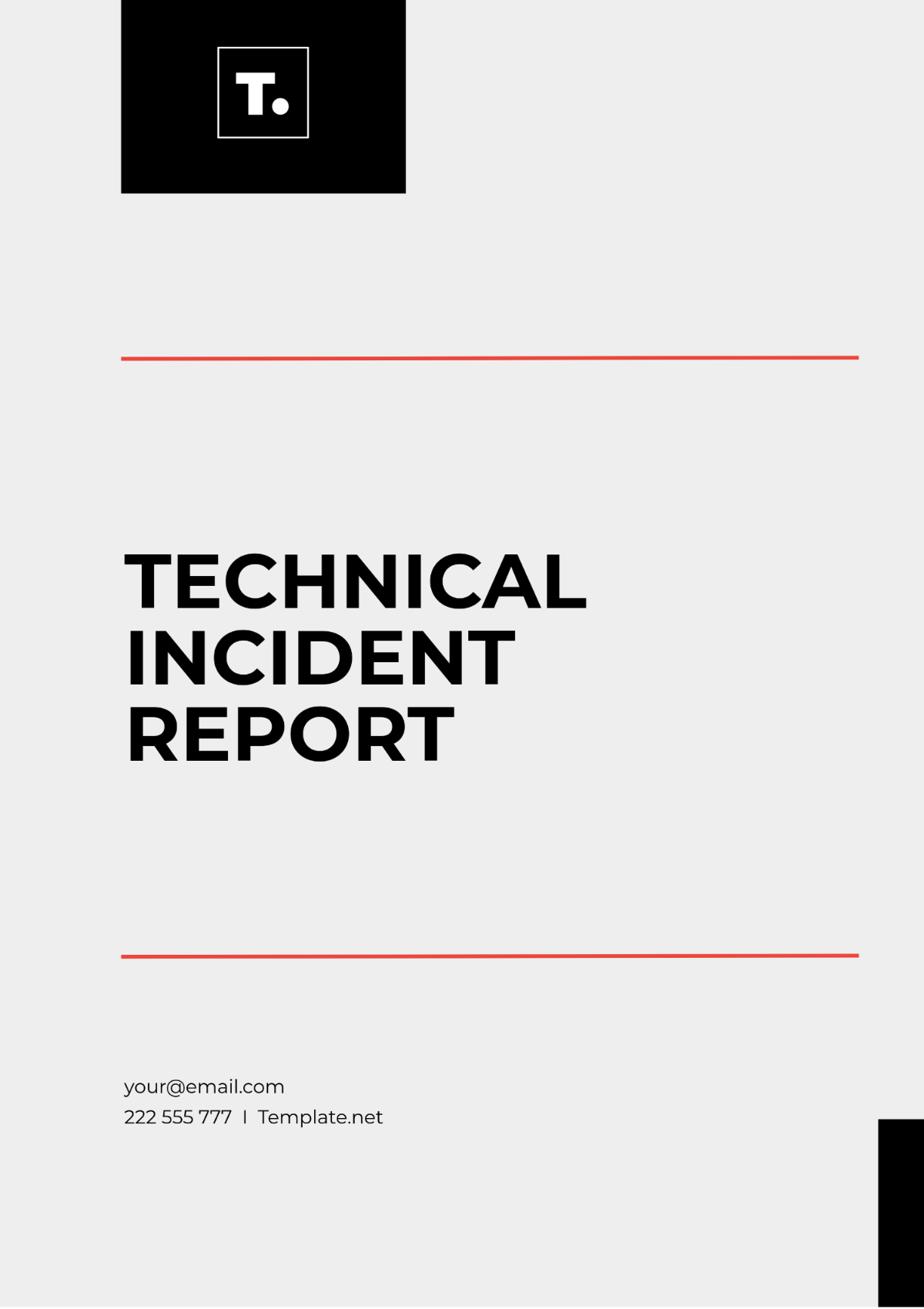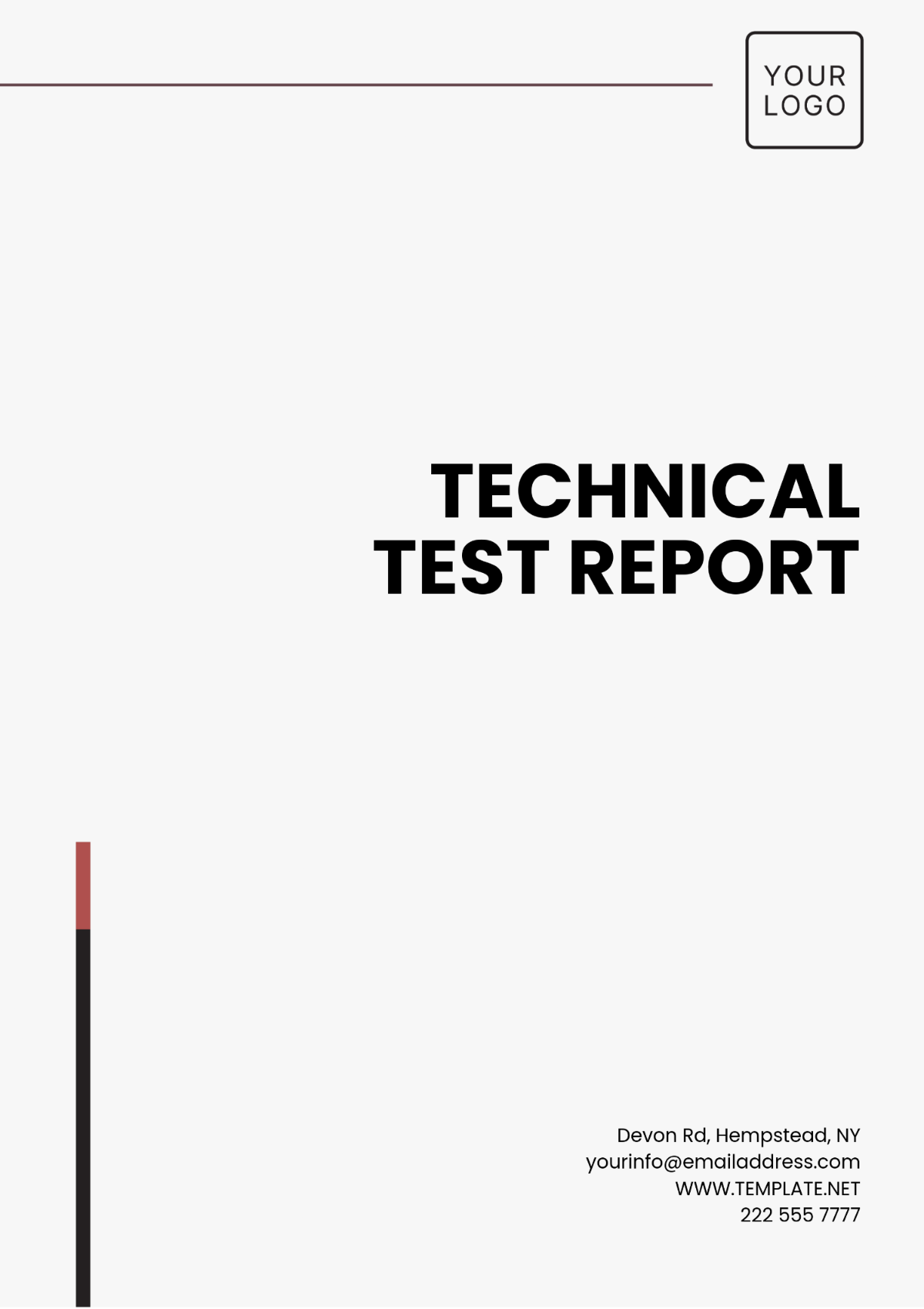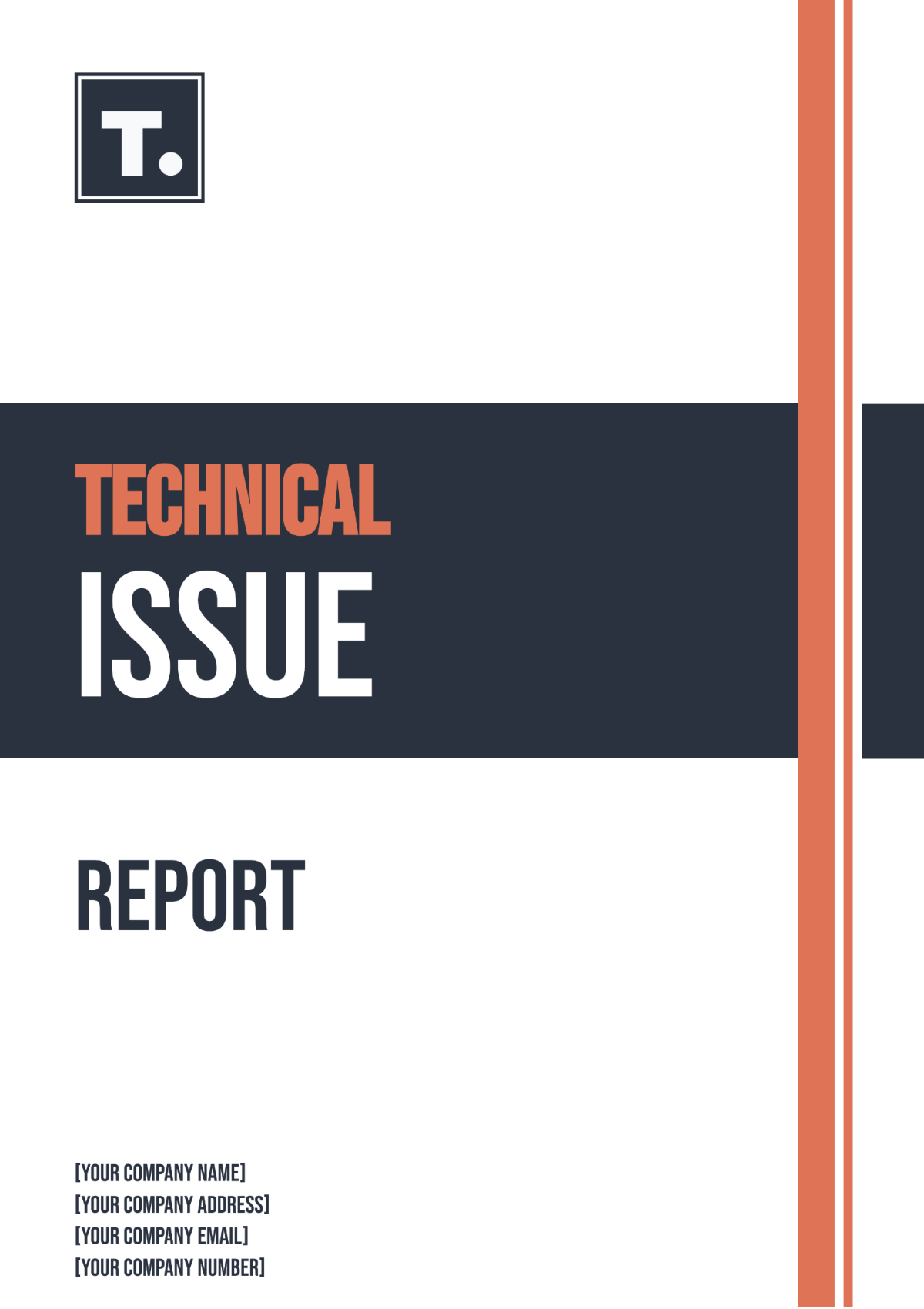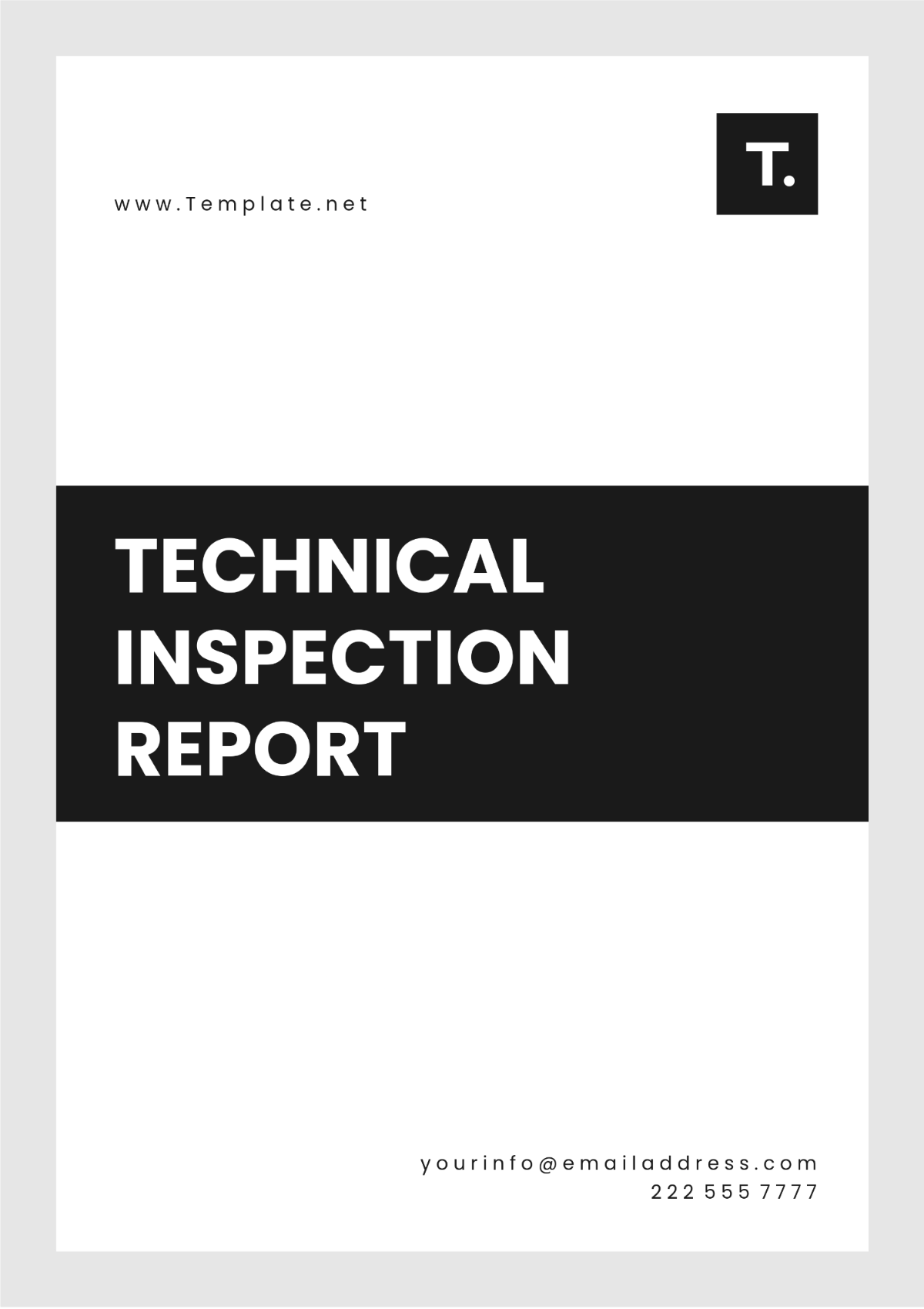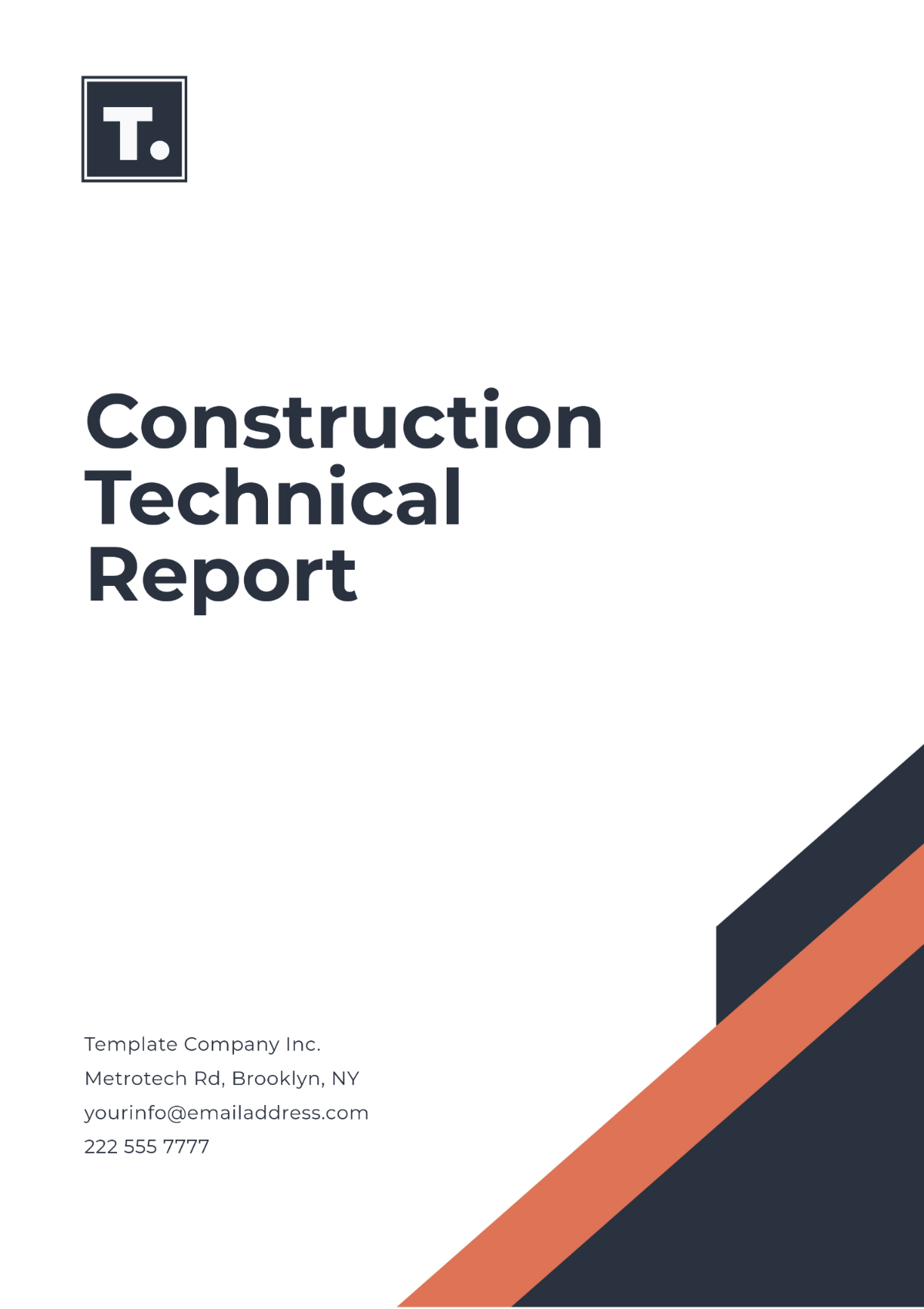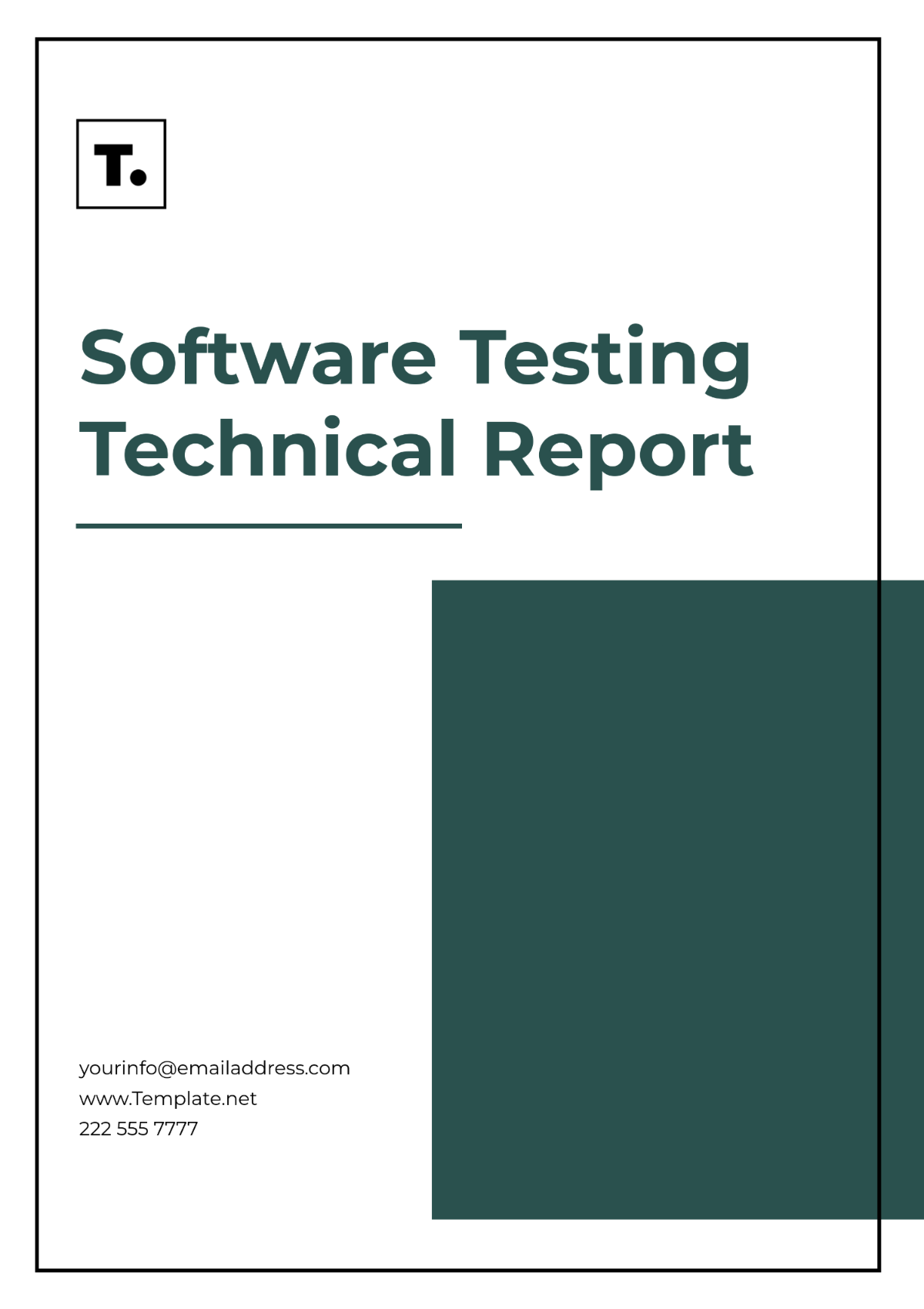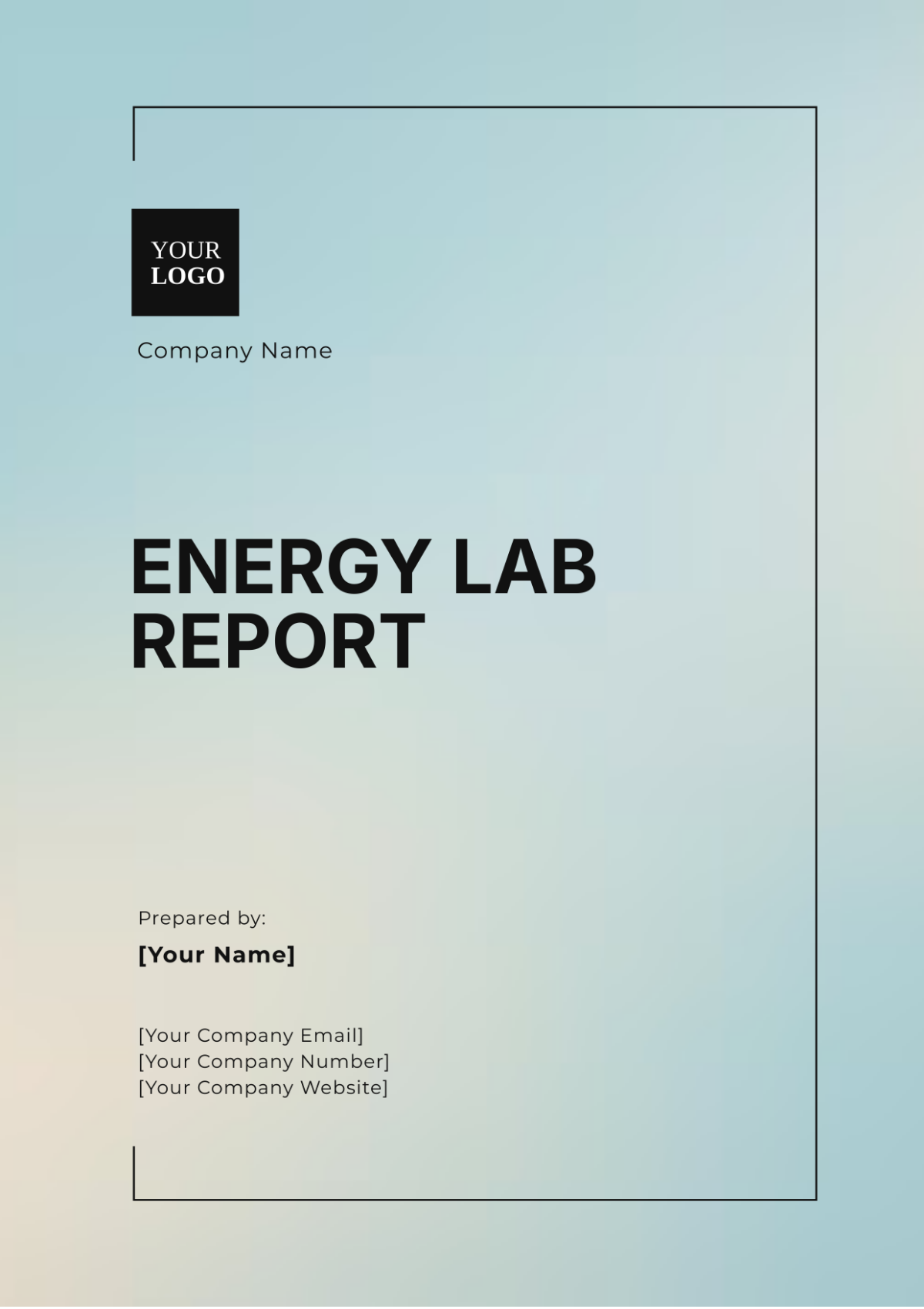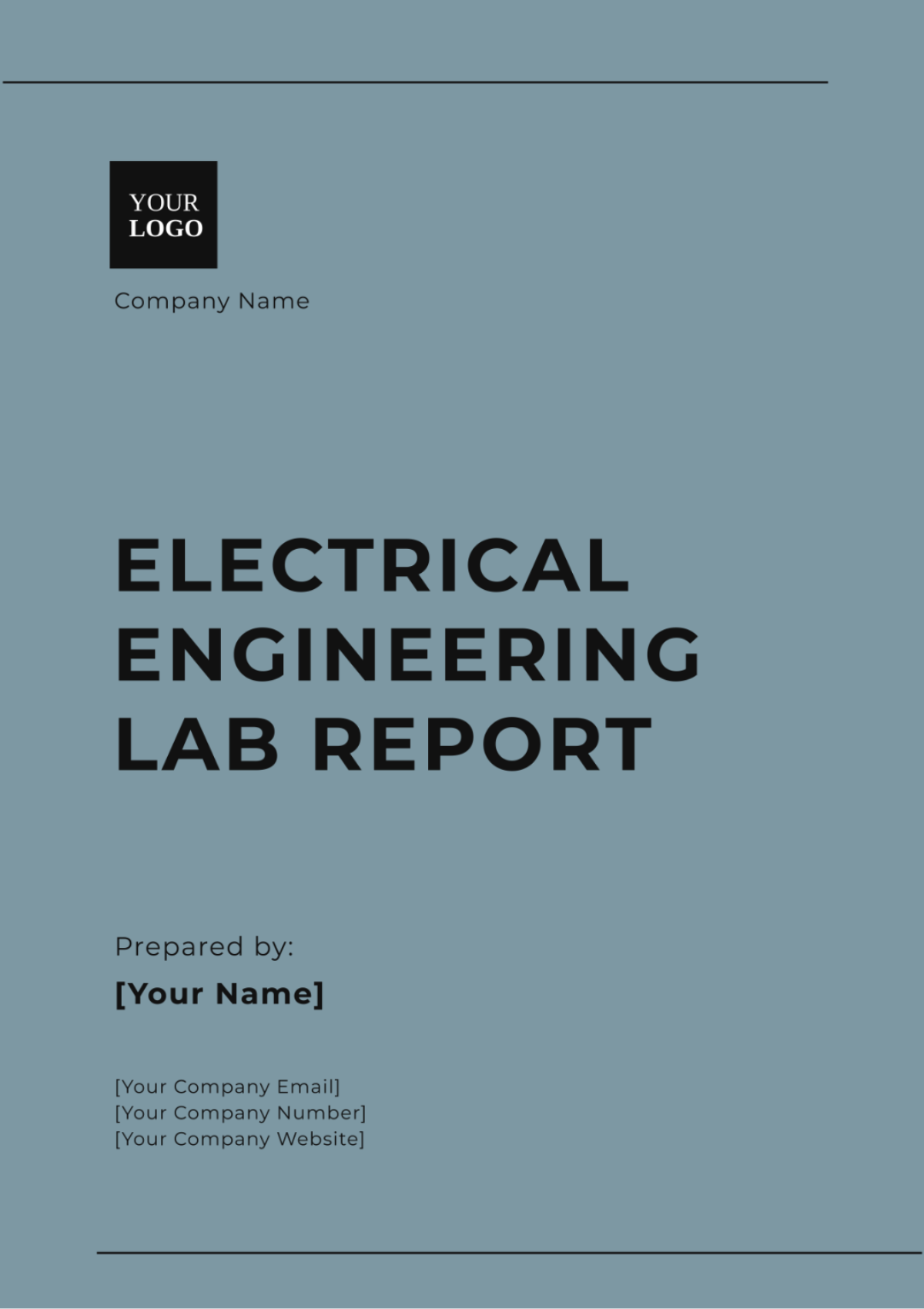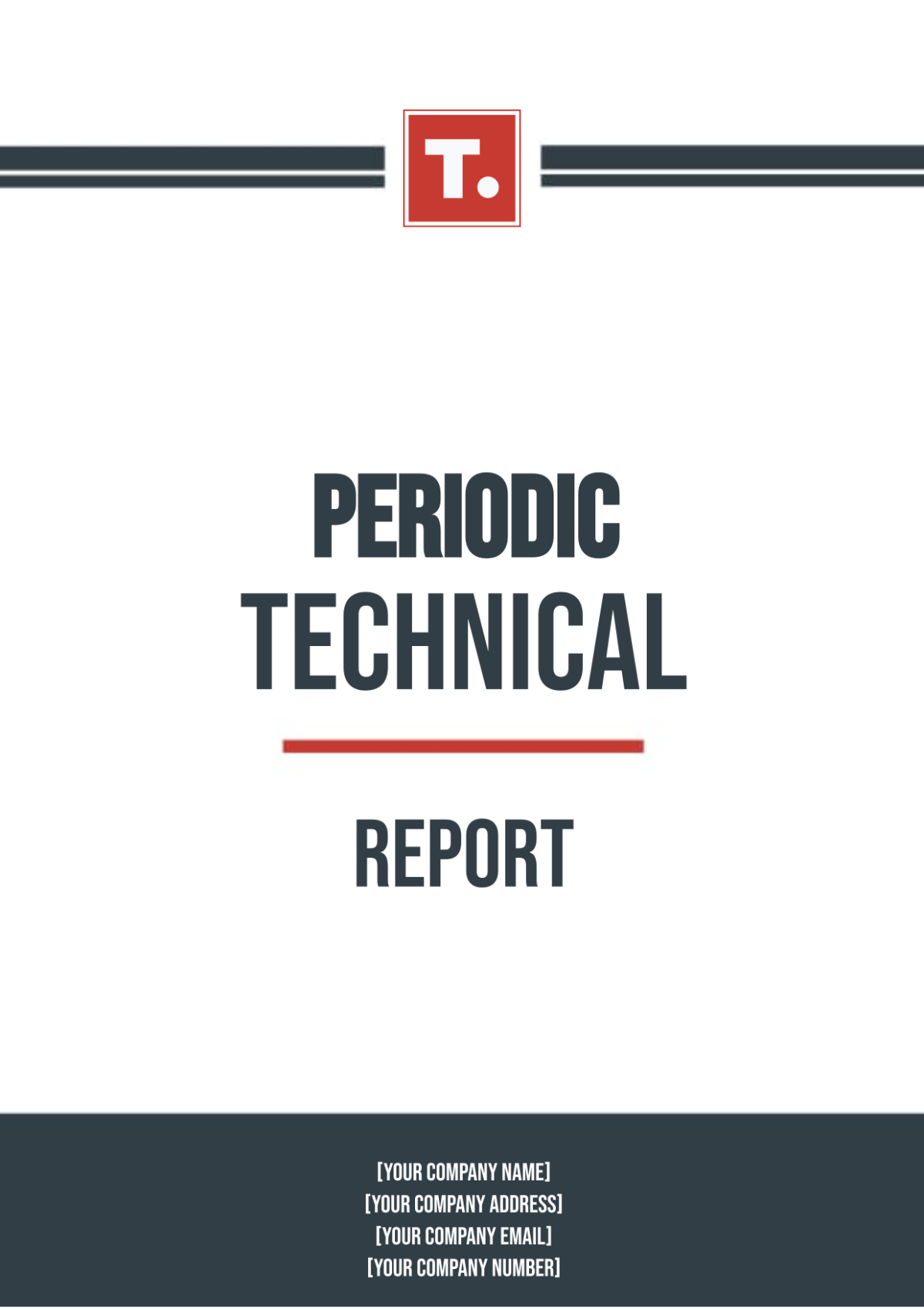Final Technical Report
Author(s): [YOUR NAME]
I. Introduction
In response to the urgent global need for sustainable energy solutions, [YOUR COMPANY NAME] conducted an extensive study to evaluate the feasibility and benefits of integrating renewable energy technologies in urban environments. This project aimed to provide insights into how cities can leverage solar and wind power systems to reduce carbon emissions, enhance energy efficiency, and foster sustainable development.
II. Methodology
The study employed a comprehensive methodology combining quantitative analysis, qualitative assessments, and advanced modeling techniques. Primary data collection methods and tools used are summarized in the table below:
Data Collection Method | Description |
|---|---|
Surveys | Gathered data on urban energy consumption patterns, preferences towards renewable energy, and barriers to adoption among residents and businesses. |
Interviews | Engaged key stakeholders including local government officials, utility providers, renewable energy experts, and community leaders to gather insights into regulatory frameworks and economic considerations. |
Technical Analysis | Utilized SolarSim Pro and WindAnalysis Tool to simulate energy production scenarios based on geographic and climatic data specific to urban environments. |
III. Results
The findings from the study demonstrated substantial potential for integrating renewable energy sources within urban settings:
Renewable Energy Technology | Average Annual Energy Yield (kWh/kW) | Optimal Locations |
|---|---|---|
Solar Photovoltaic Systems | > 1,800 | Rooftops, urban outskirts, solar farms |
Wind Turbines | Varies by location | Coastal areas, elevated terrains within city limits |
IV. Discussion
A. Economic Feasibility
Cost-benefit analyses indicated compelling economic advantages of renewable energy investments:
Economic Aspect | Findings |
|---|---|
Return on Investment | Projected payback periods of 5-7 years for solar PV systems and 7-10 years for wind turbines, factoring in declining equipment costs and escalating fossil fuel prices. |
Job Creation | Potential to stimulate local economies through job creation in the installation, maintenance, and operation of renewable energy infrastructure. |
B. Regulatory Frameworks
Evaluation of regulatory frameworks highlighted critical factors influencing the deployment of renewable energy technologies in urban areas:
Regulatory Factor | Recommendations |
|---|---|
Permitting Processes | Streamline procedures to expedite project approvals and reduce administrative barriers. |
Grid Integration | Develop guidelines for seamless integration of renewable energy into existing urban grids to ensure reliability and stability. |
C. Public Perception and Community Engagement
Public perception surveys revealed growing support for renewable energy initiatives among urban residents:
Engagement Strategy | Approach |
|---|---|
Education Campaigns | Launch public awareness campaigns to educate residents about environmental benefits, cost savings, and community resilience associated with renewable energy adoption. |
Stakeholder Collaboration | Partner with local organizations and community groups to address concerns and garner support for sustainable energy projects. |
V. Recommendations
Based on the study's findings and discussions, the following recommendations are proposed to accelerate the adoption of renewable energy solutions in urban environments:
Recommendation Area | Proposed Actions |
|---|---|
Policy Advocacy | Advocate for local and national policies that incentivize renewable energy investments, including tax credits, grants, and favorable financing options. |
Community Engagement | Develop tailored outreach programs to engage residents, businesses, and educational institutions in sustainable energy initiatives. |
Technology Innovation | Support research and development in energy storage solutions and smart grid technologies to enhance the reliability and scalability of urban renewable energy systems. |
VI. Conclusion
In conclusion, the study underscores the transformative potential of renewable energy solutions in mitigating urban carbon footprints and enhancing energy security. By leveraging technological advancements, fostering collaboration among stakeholders, and implementing supportive policies, cities can achieve significant progress toward sustainable development goals.
